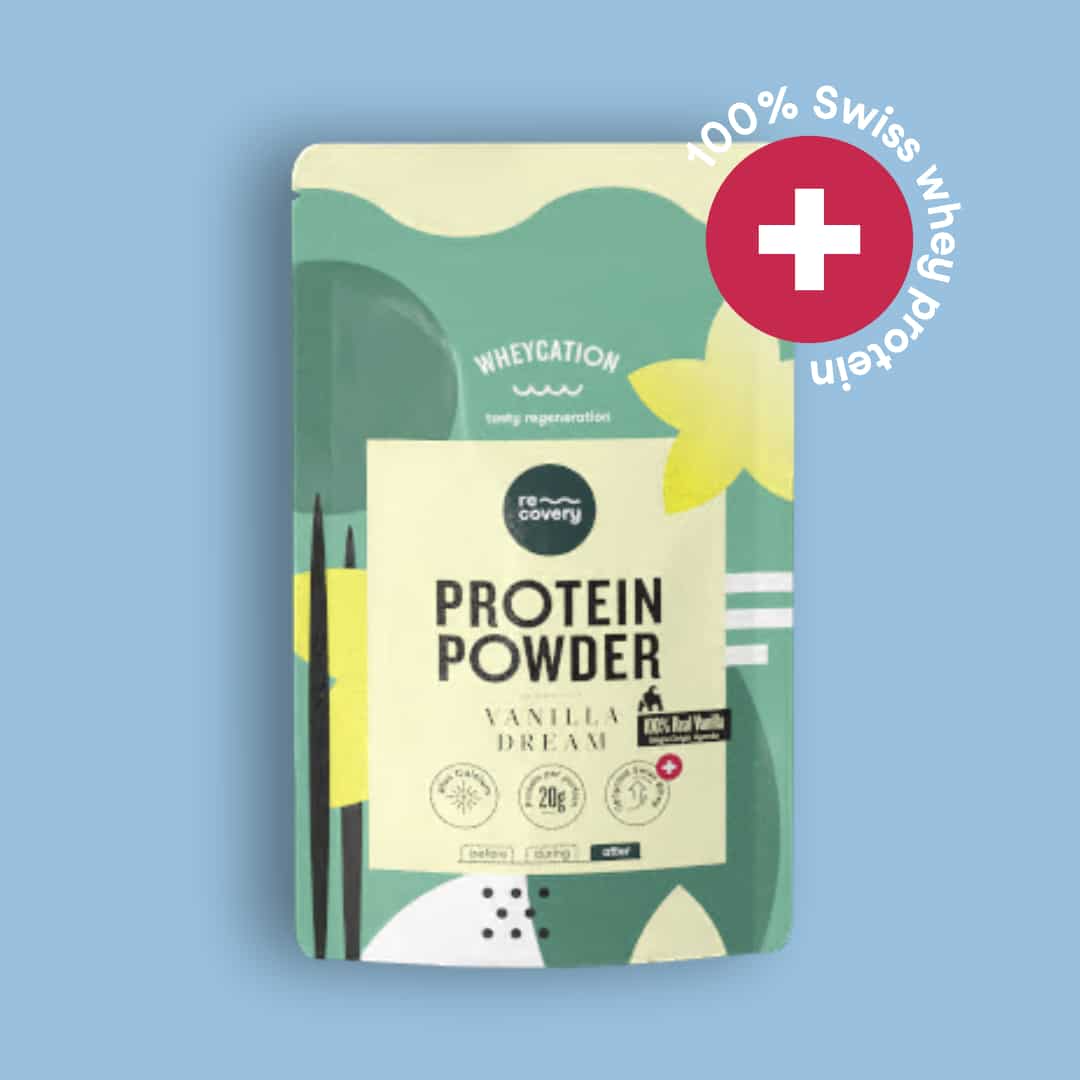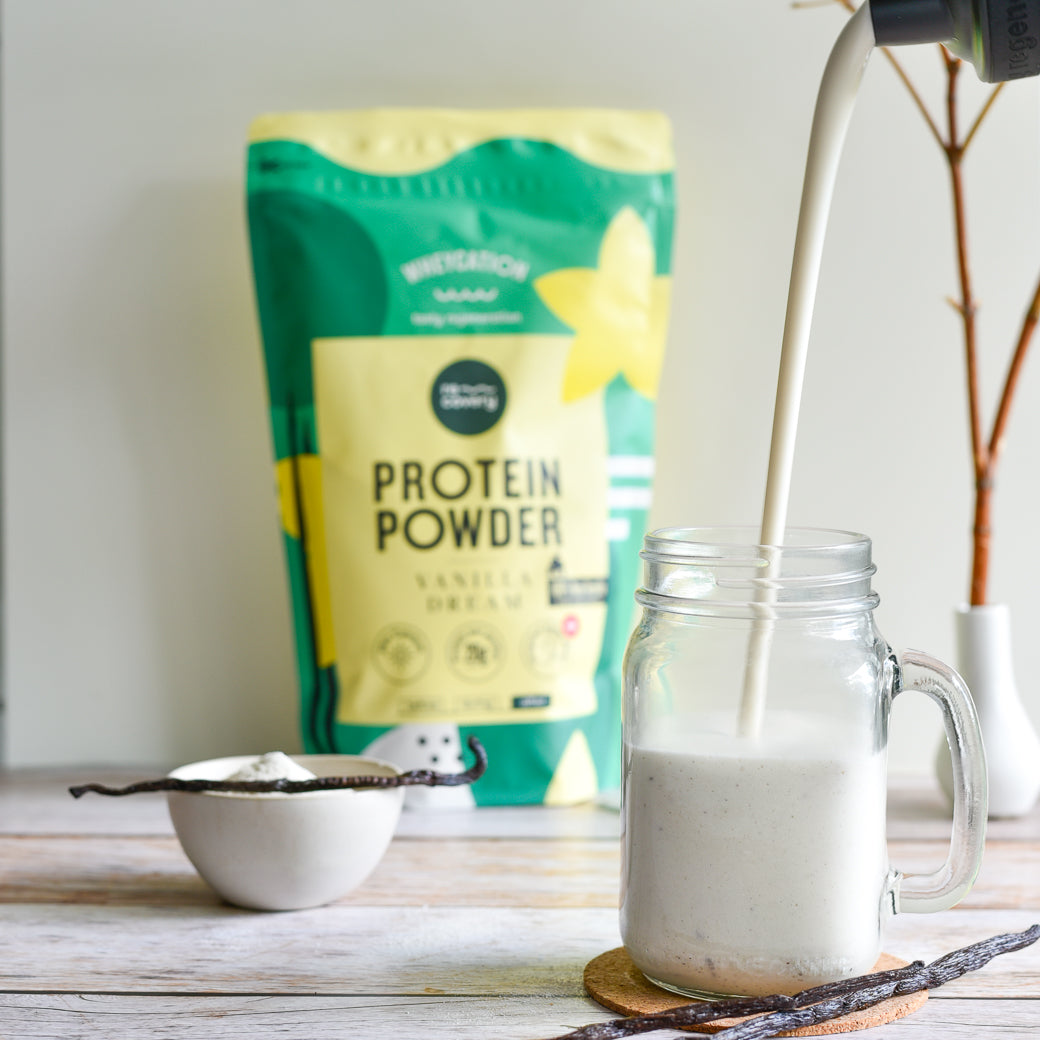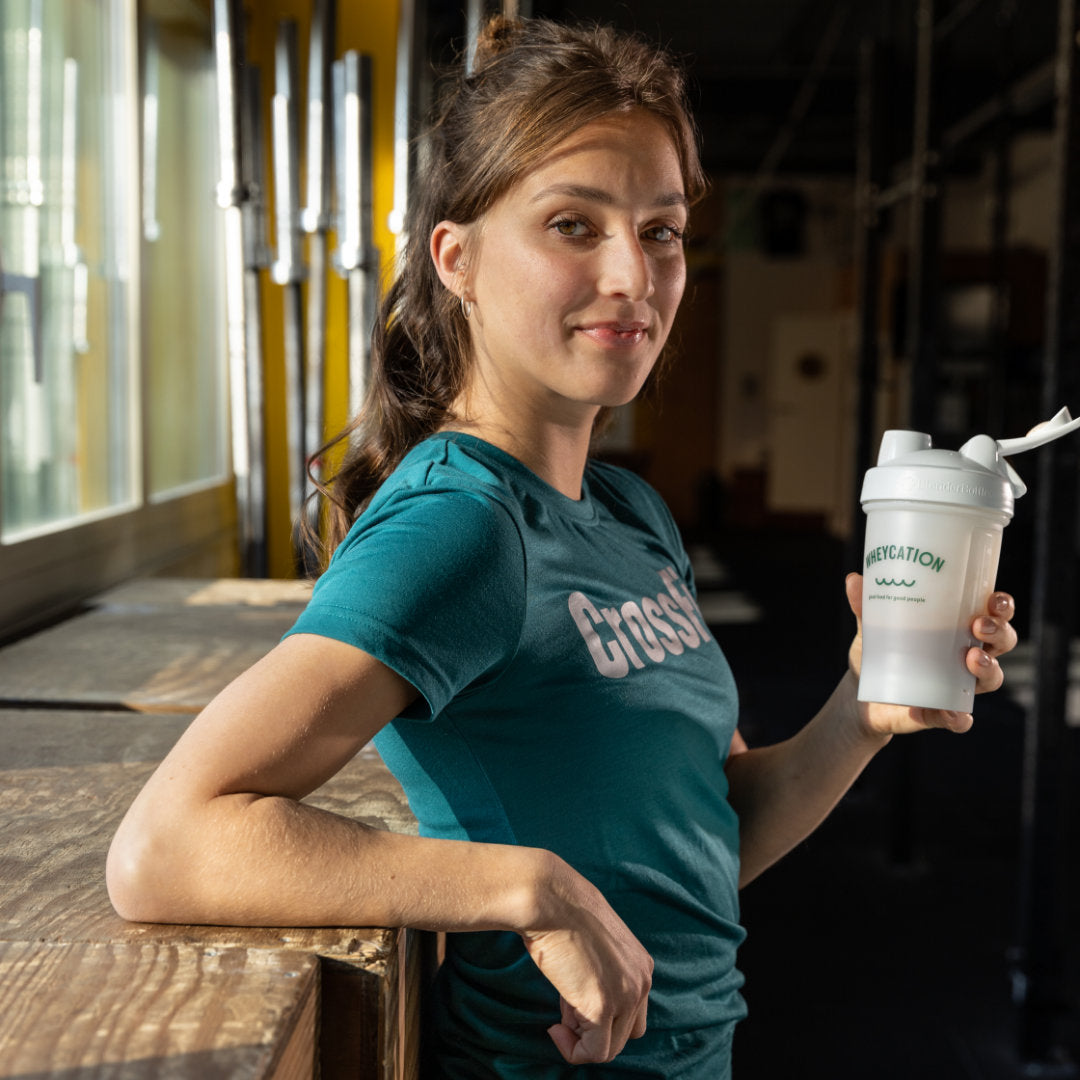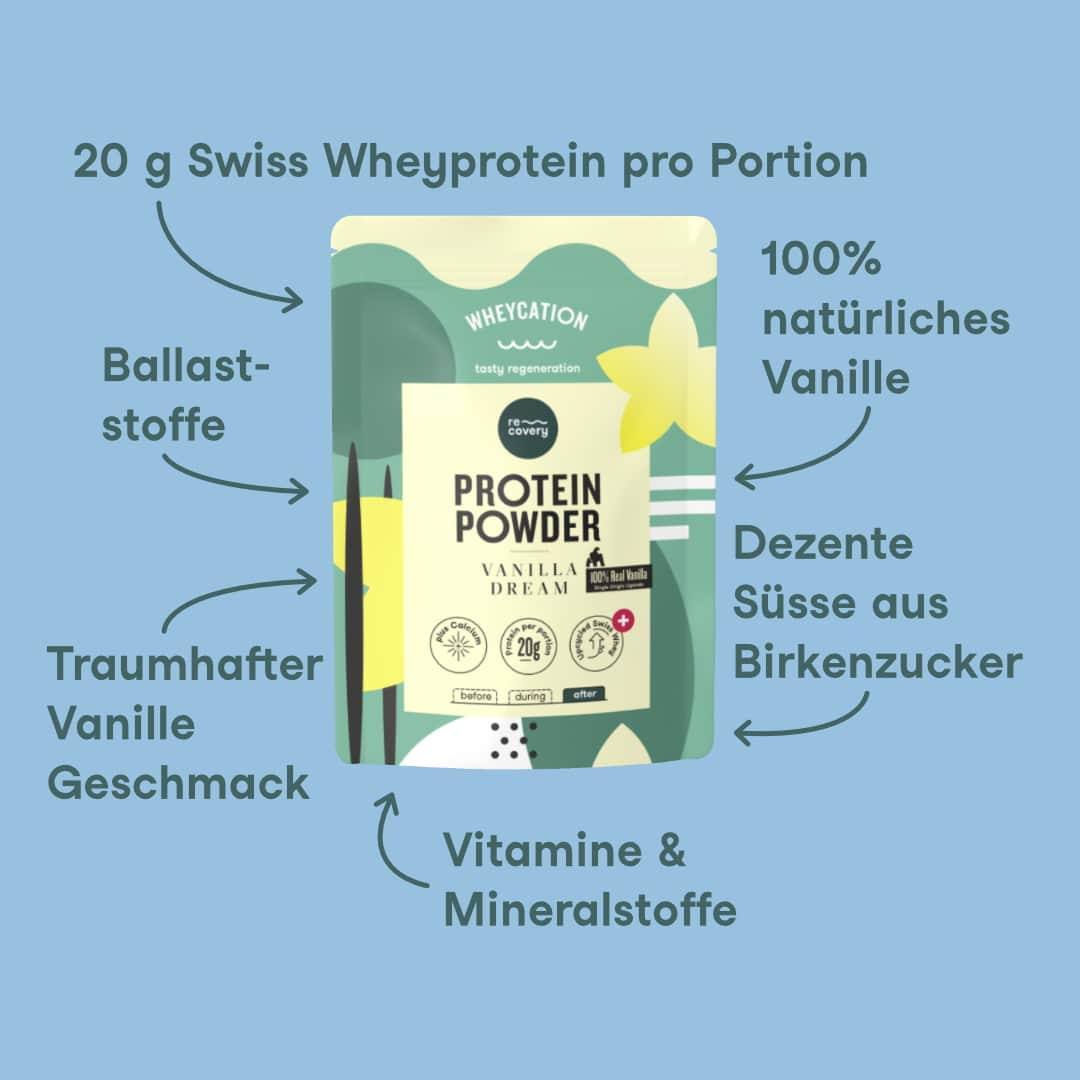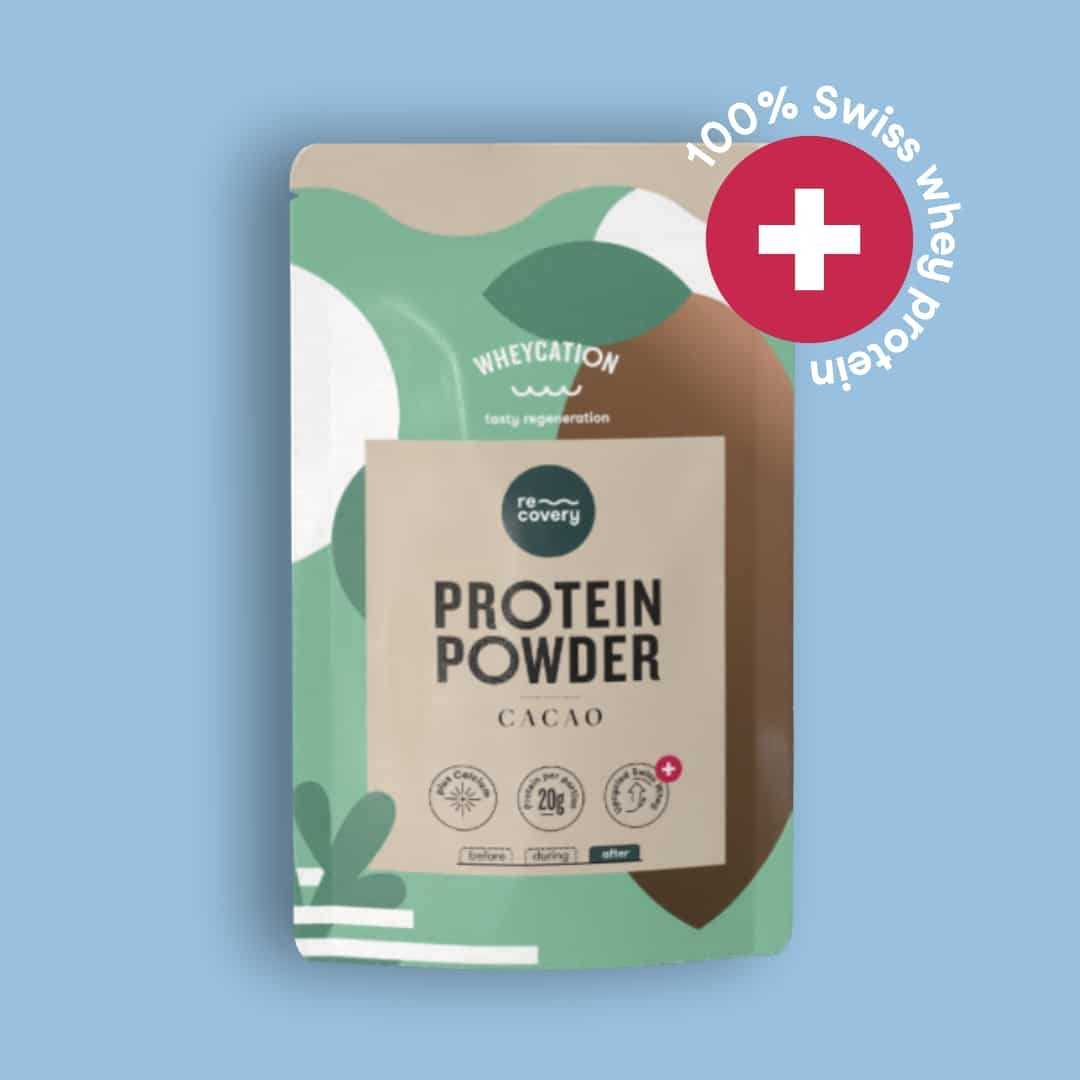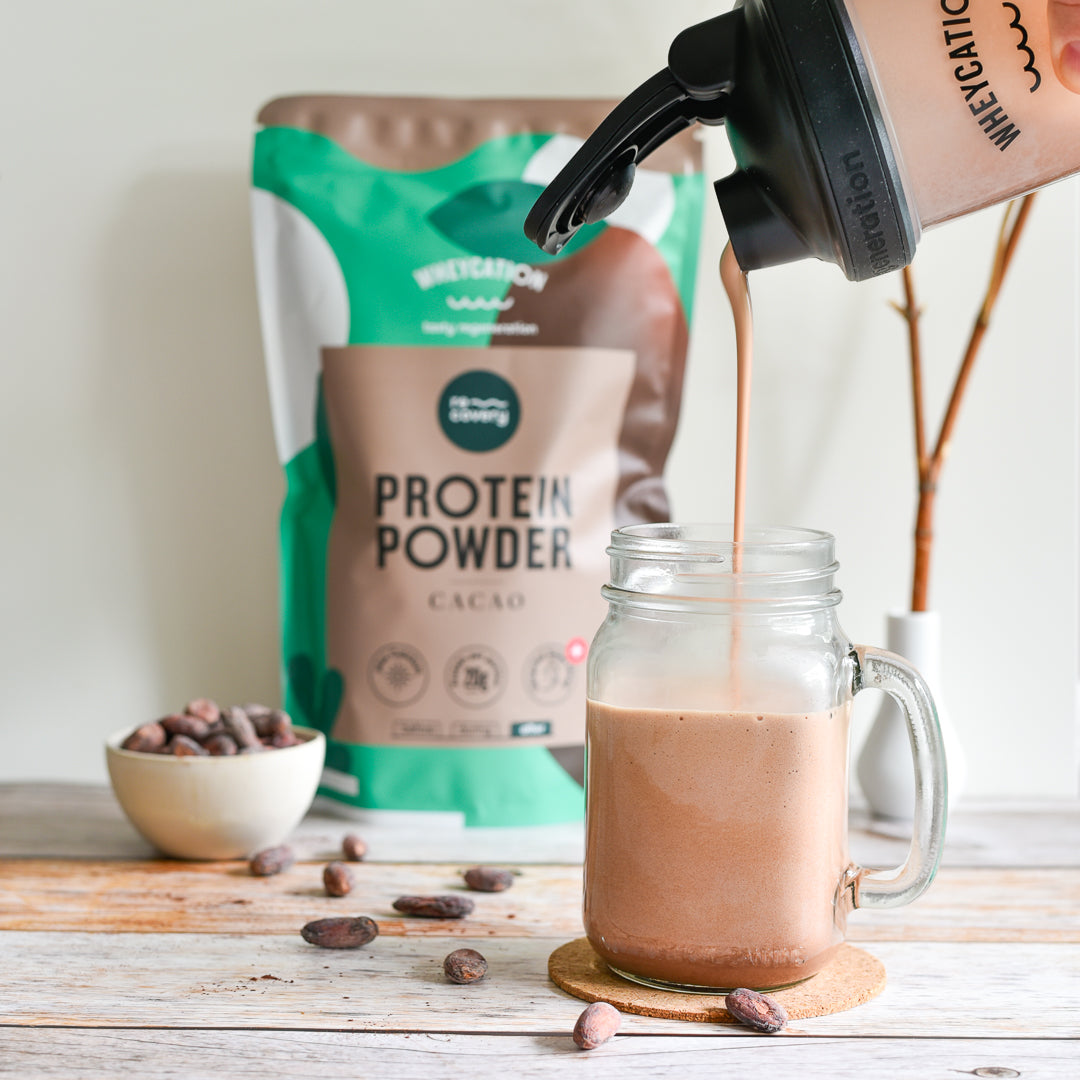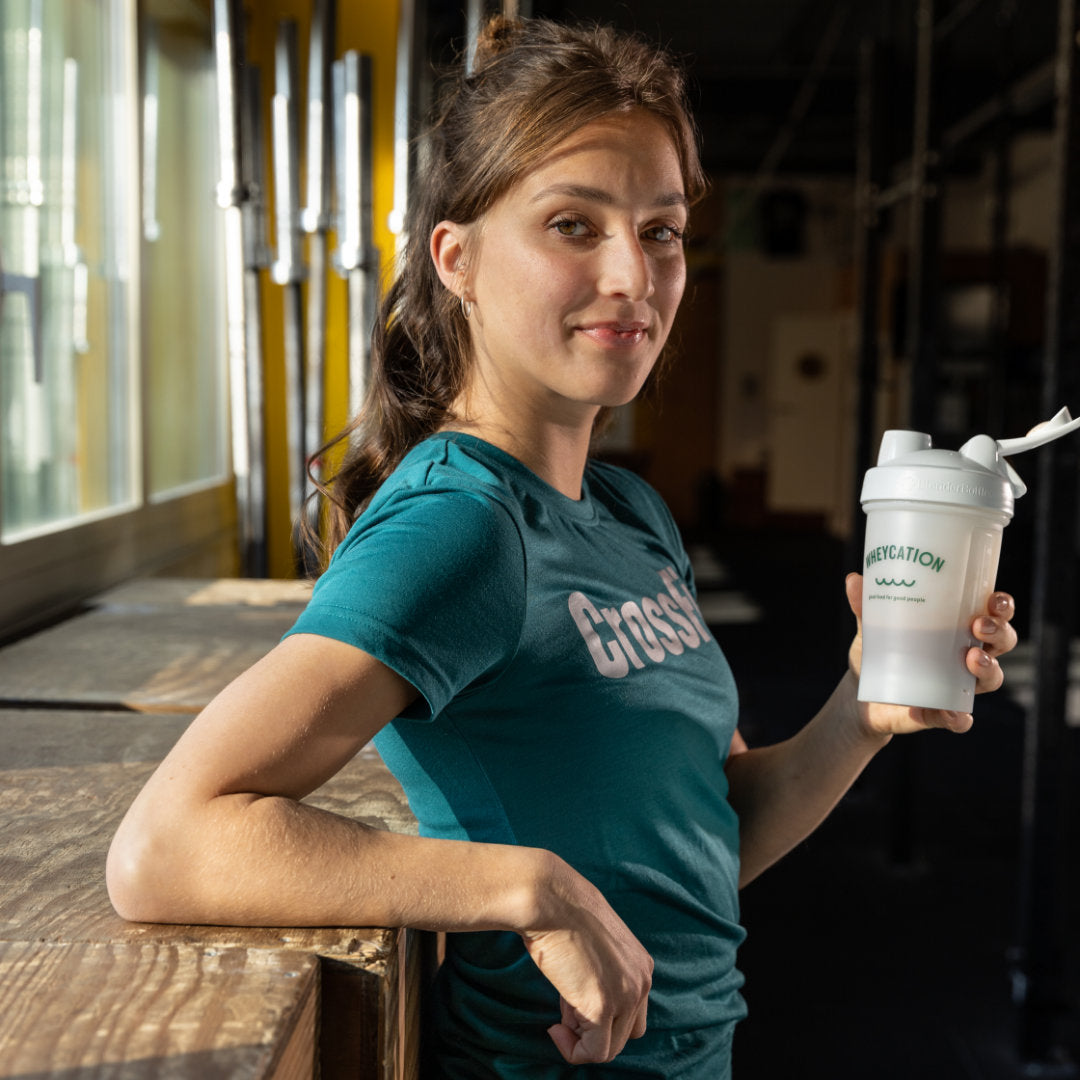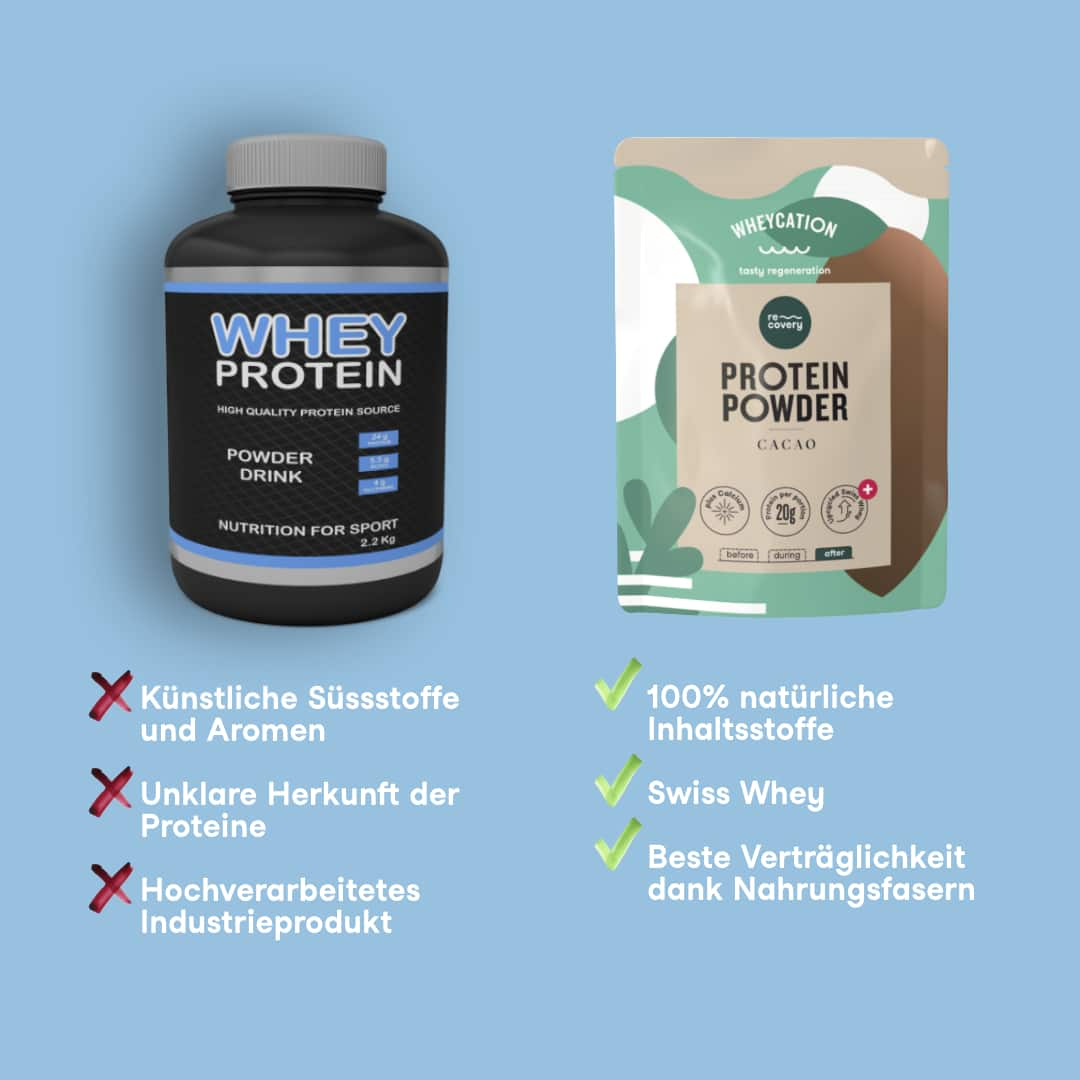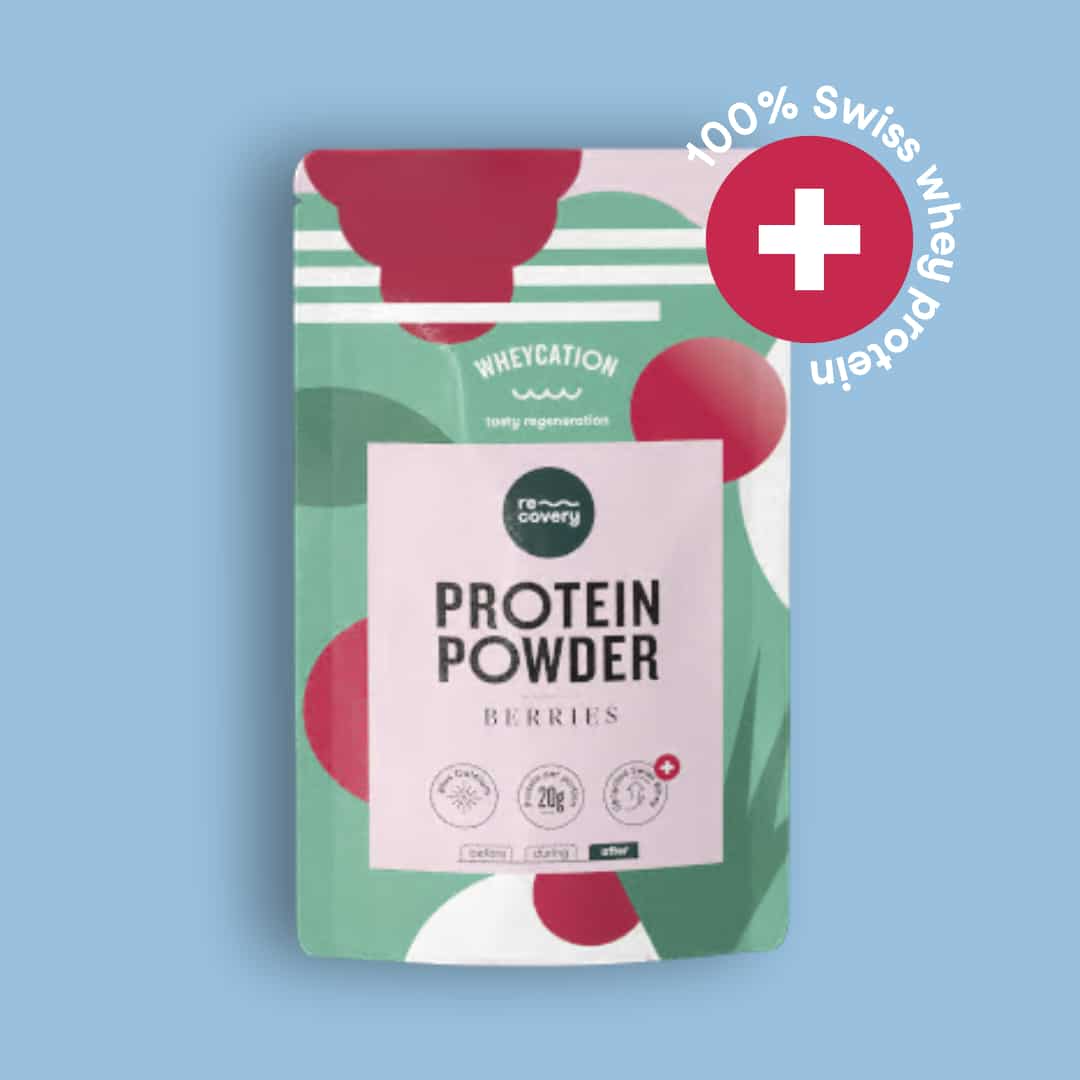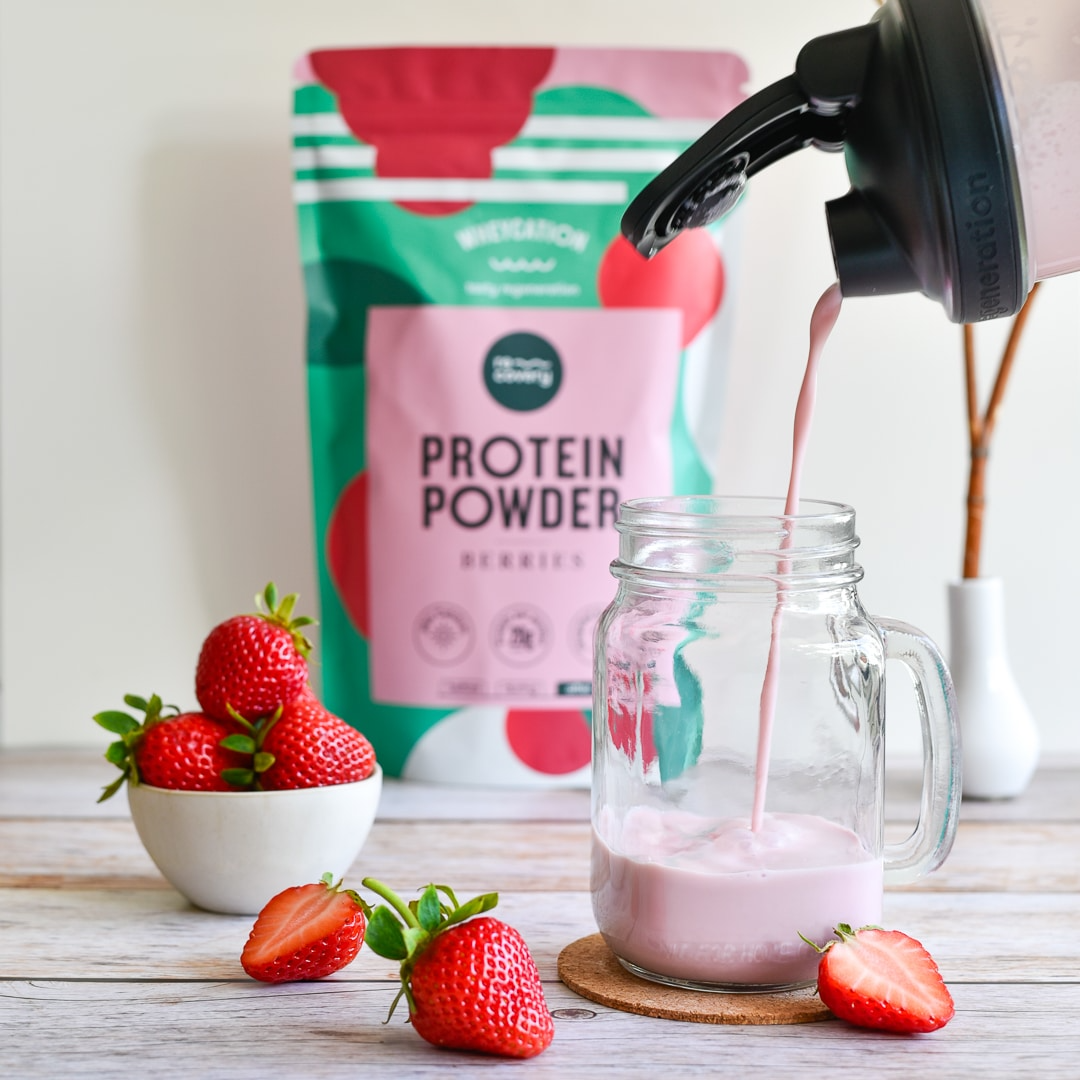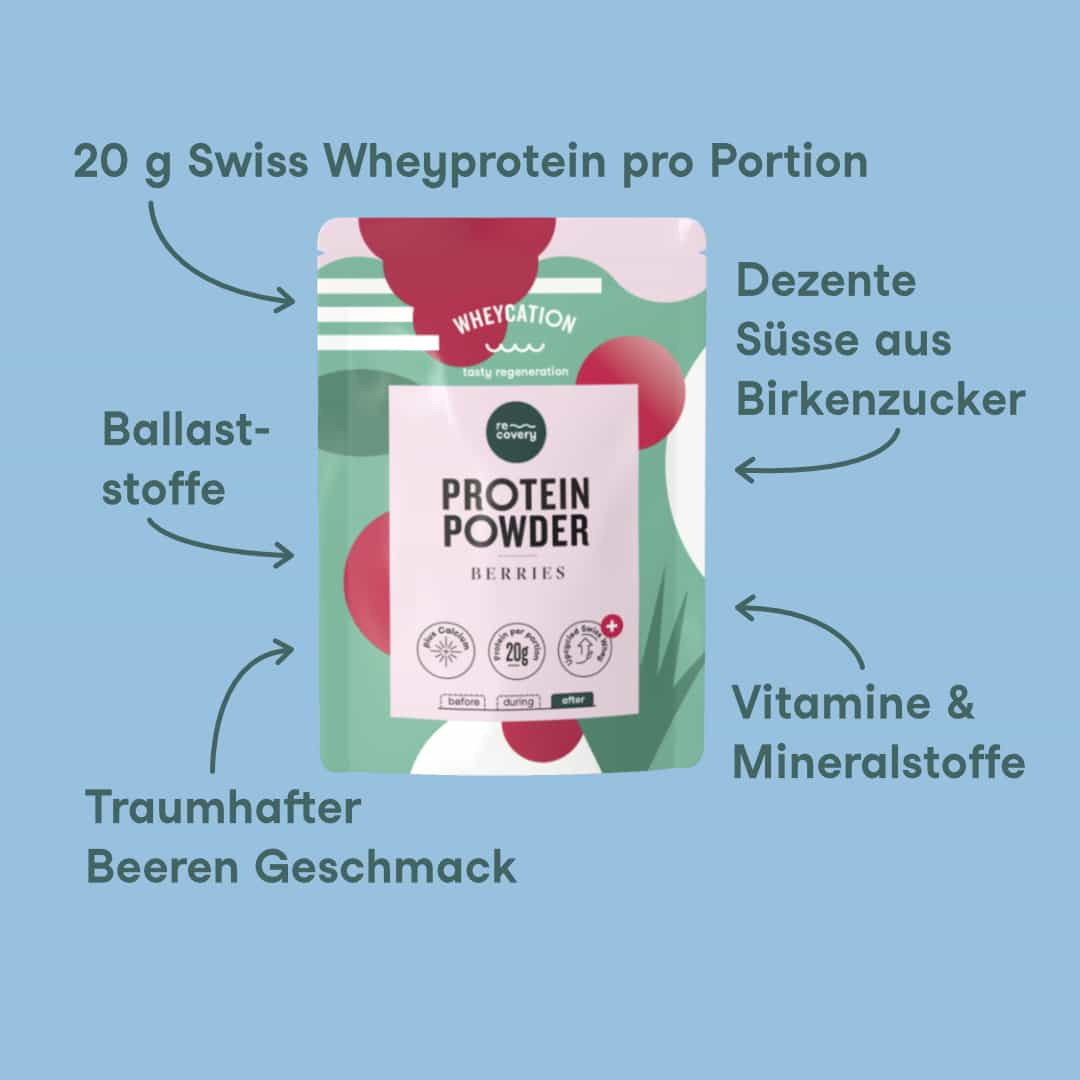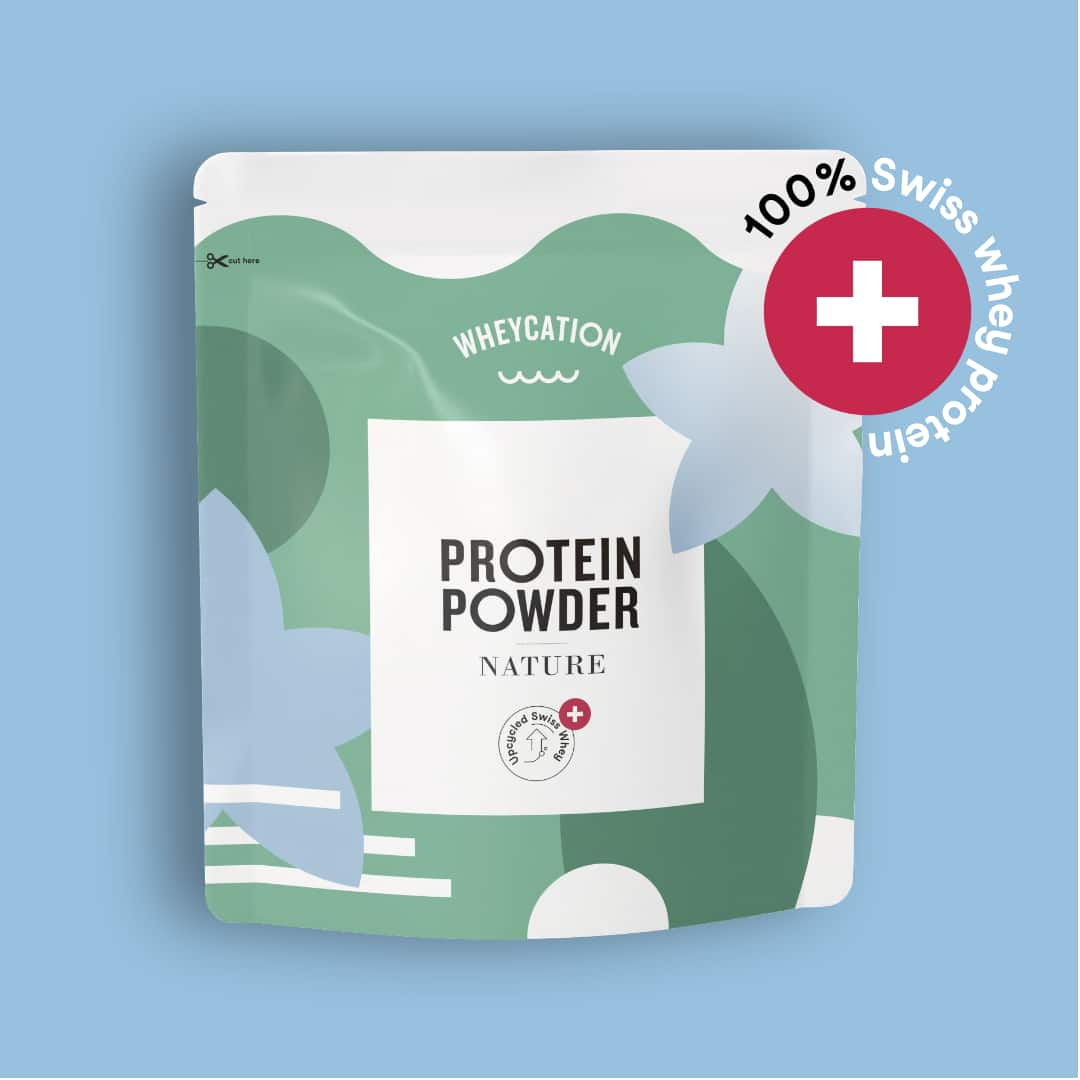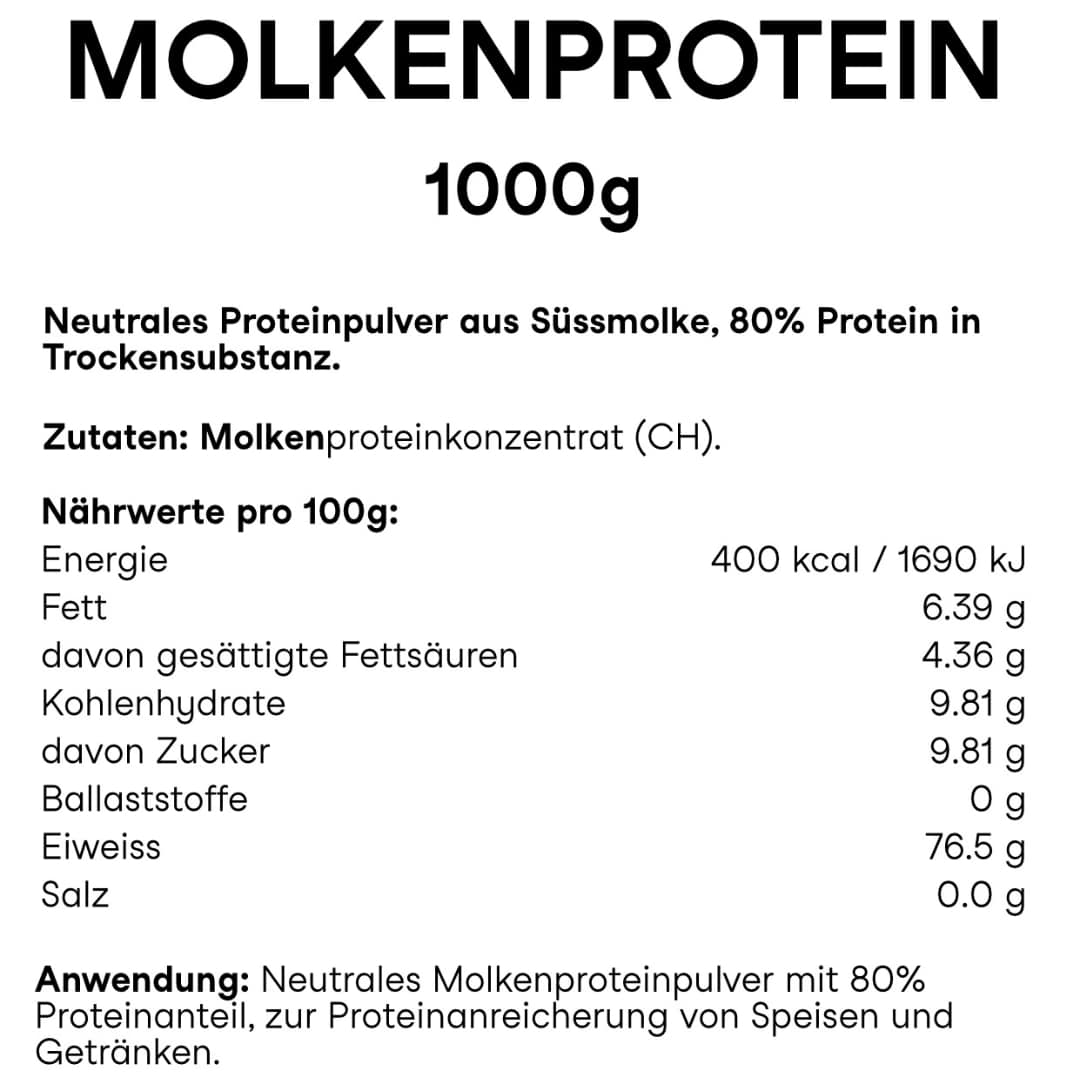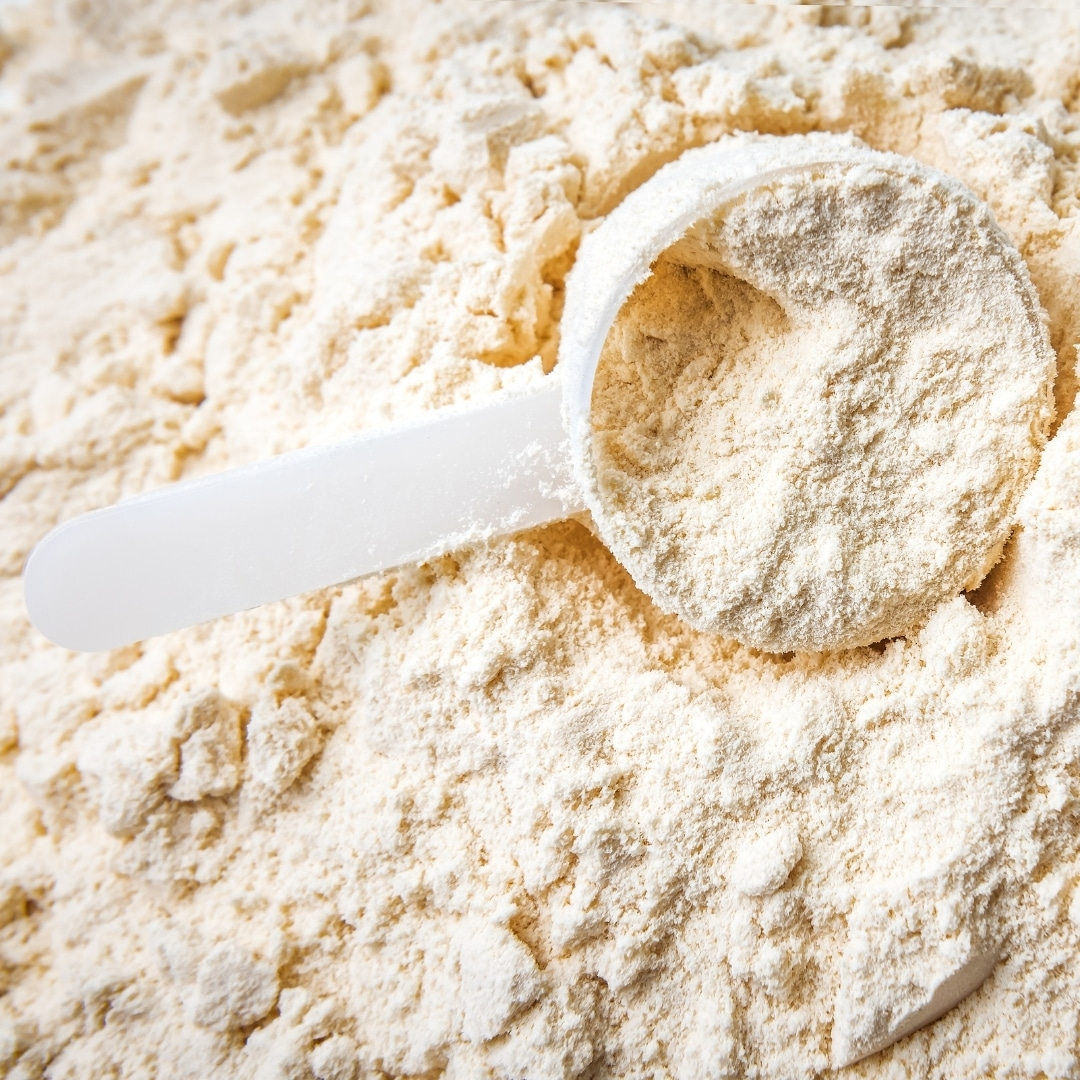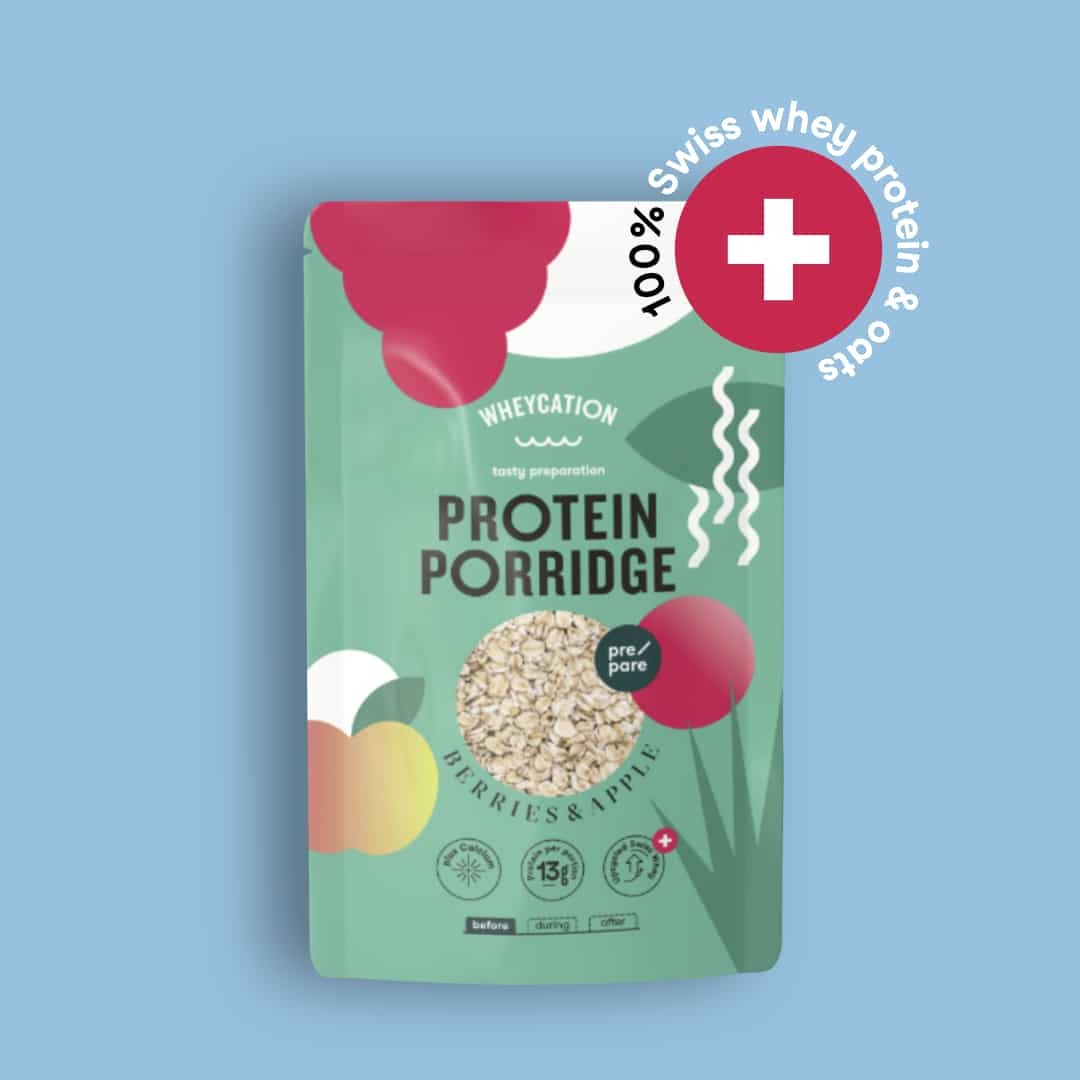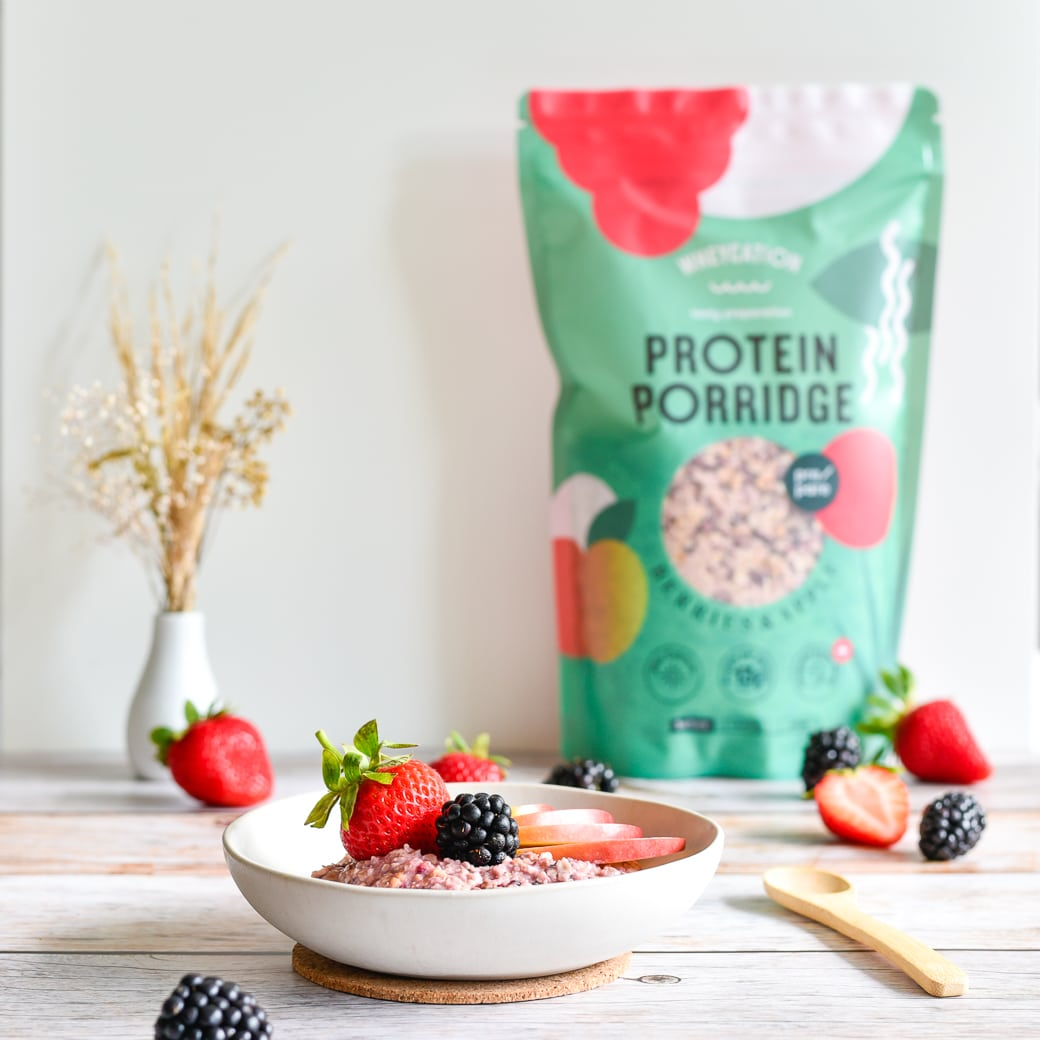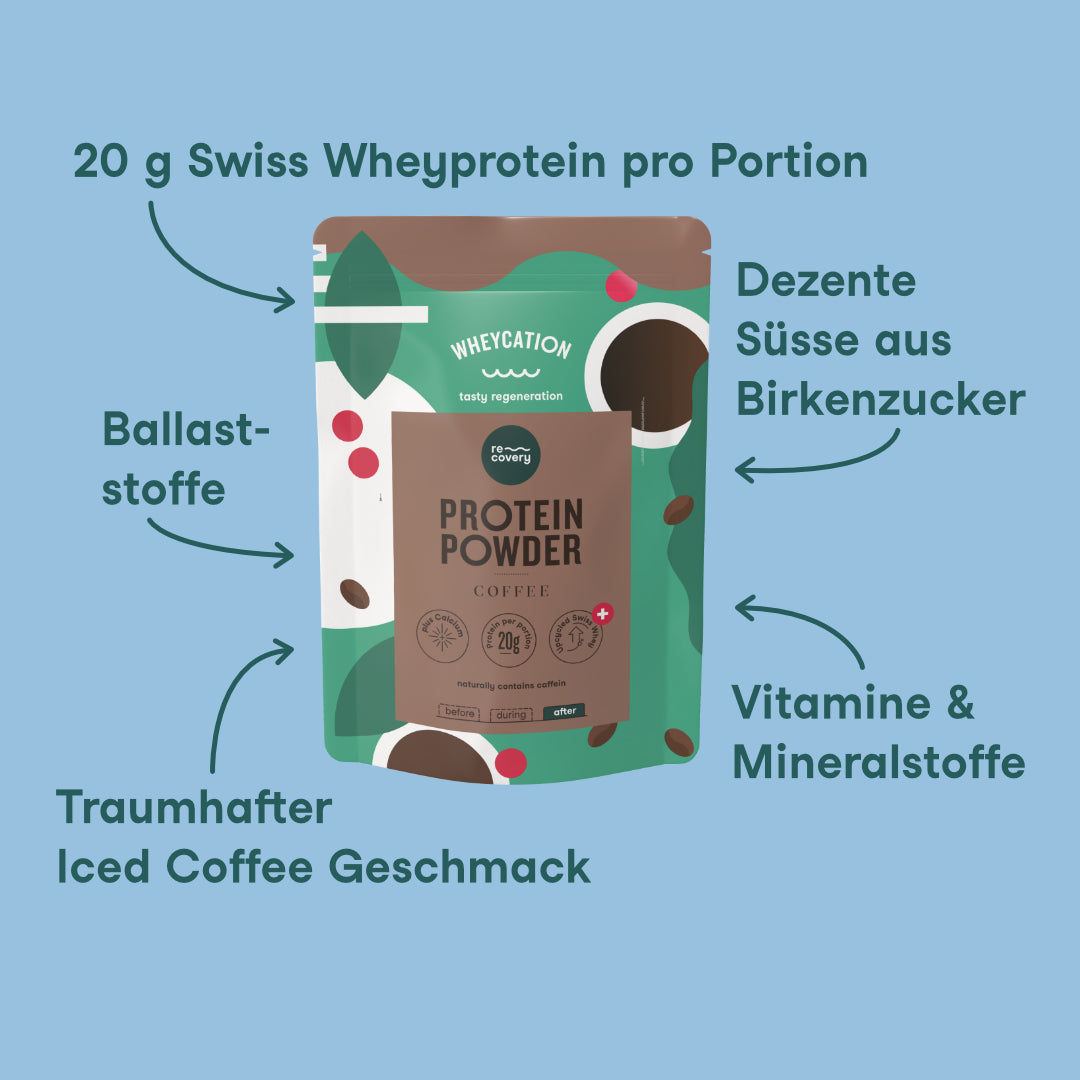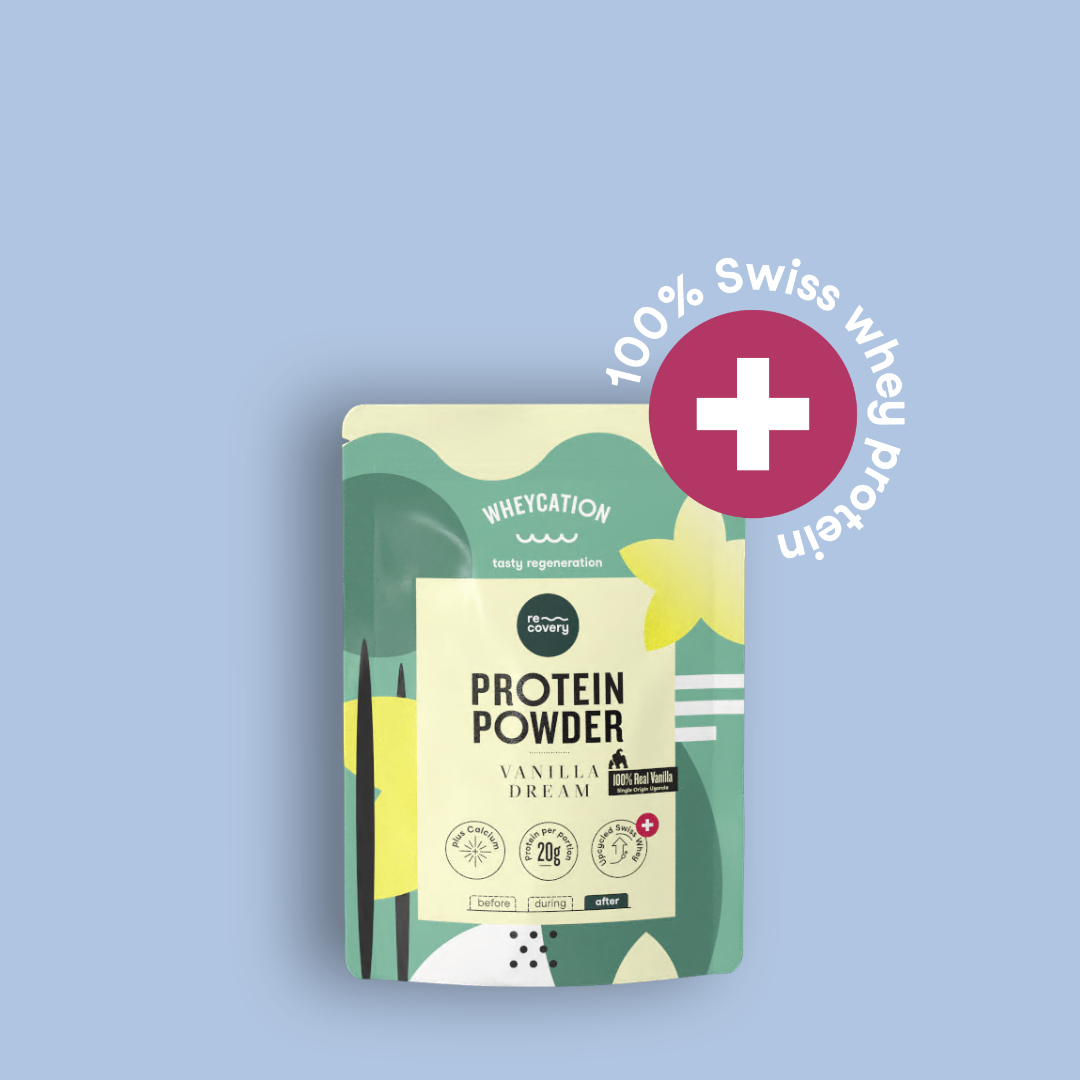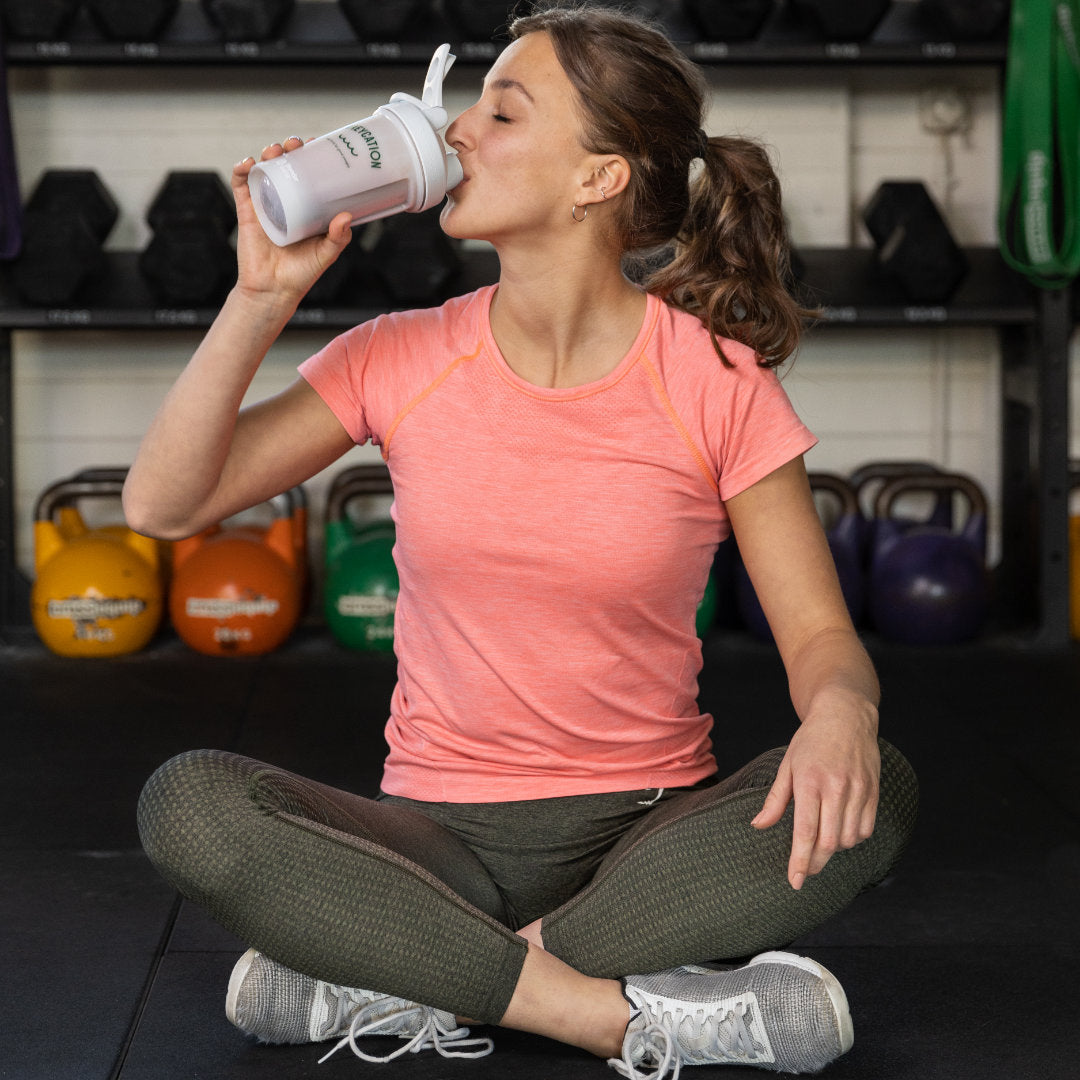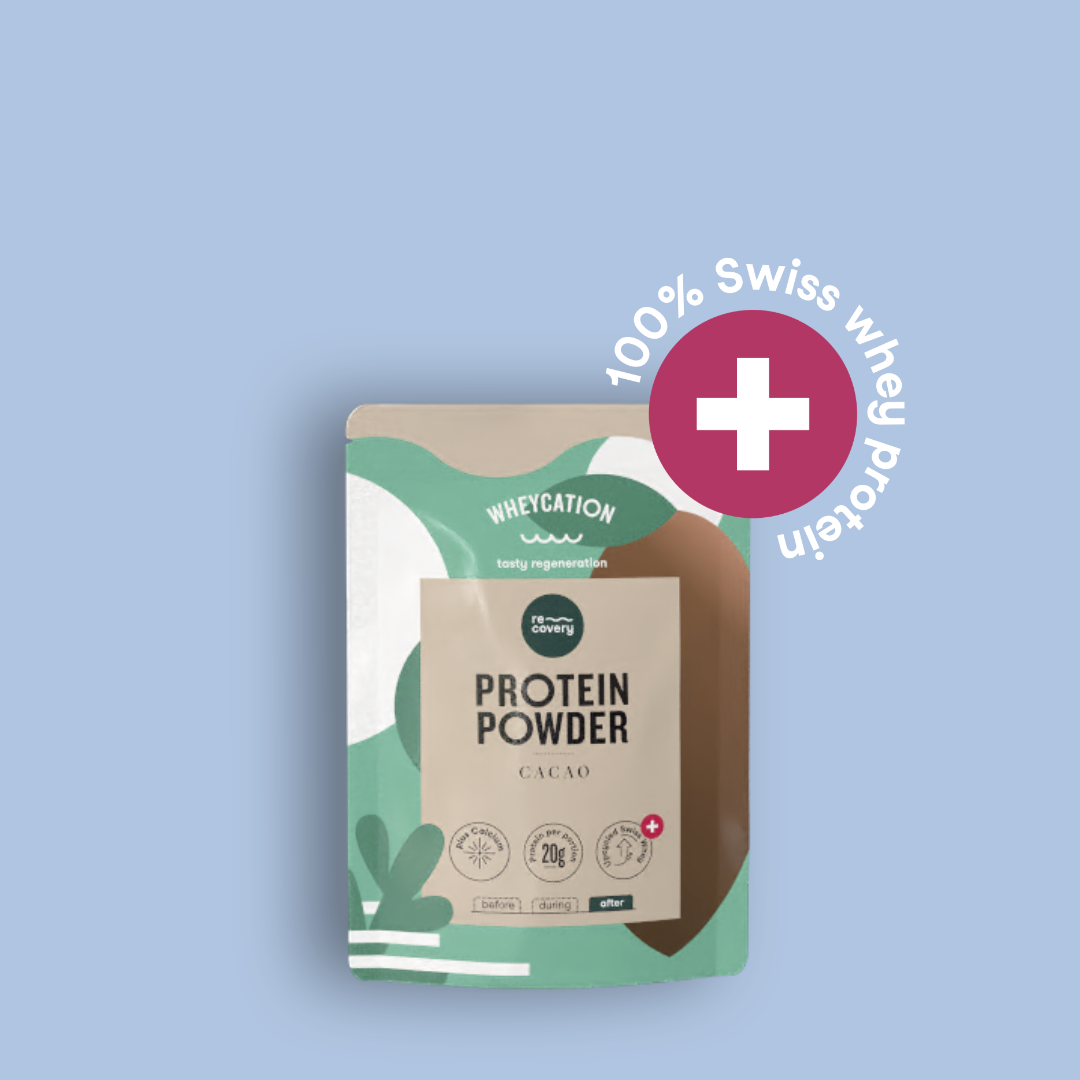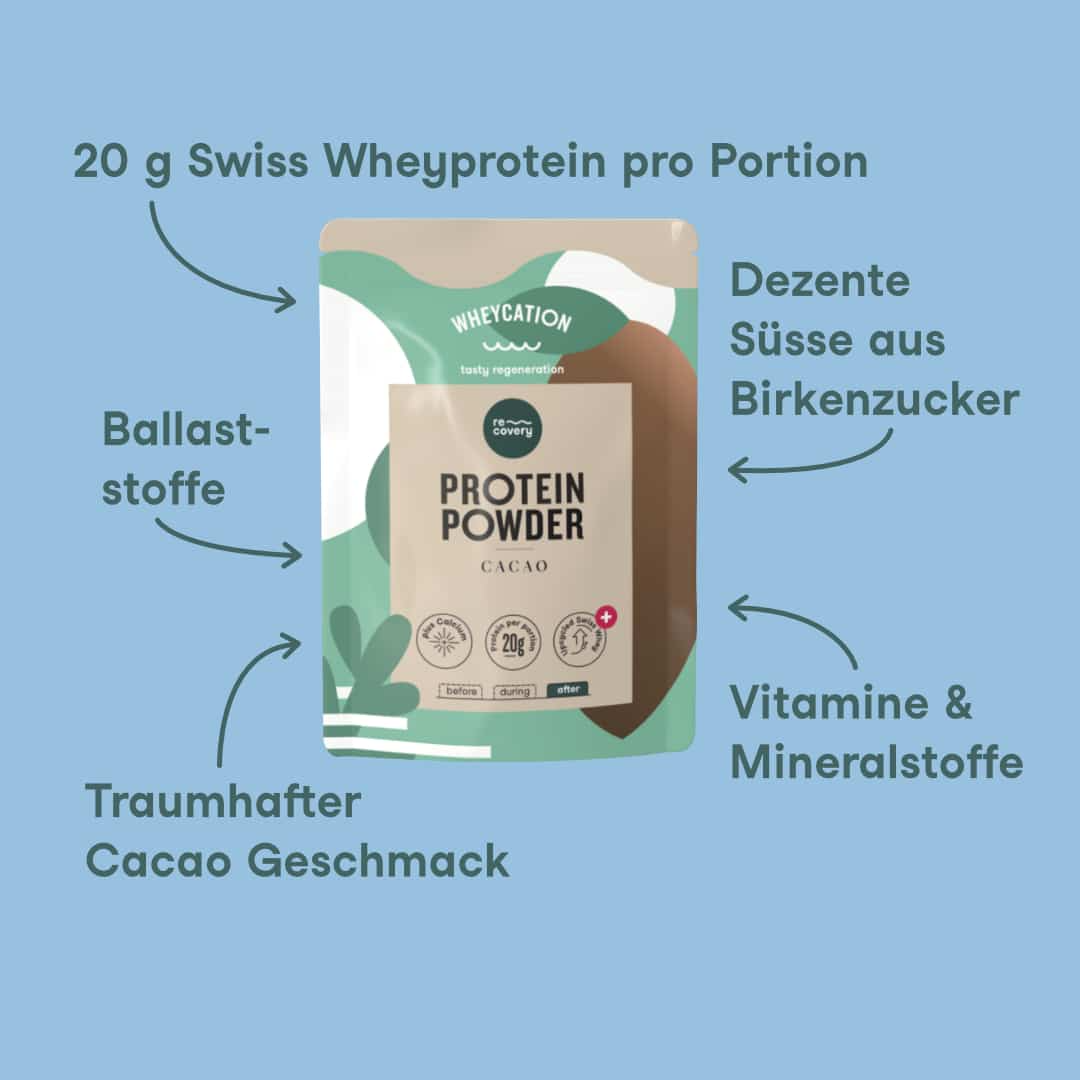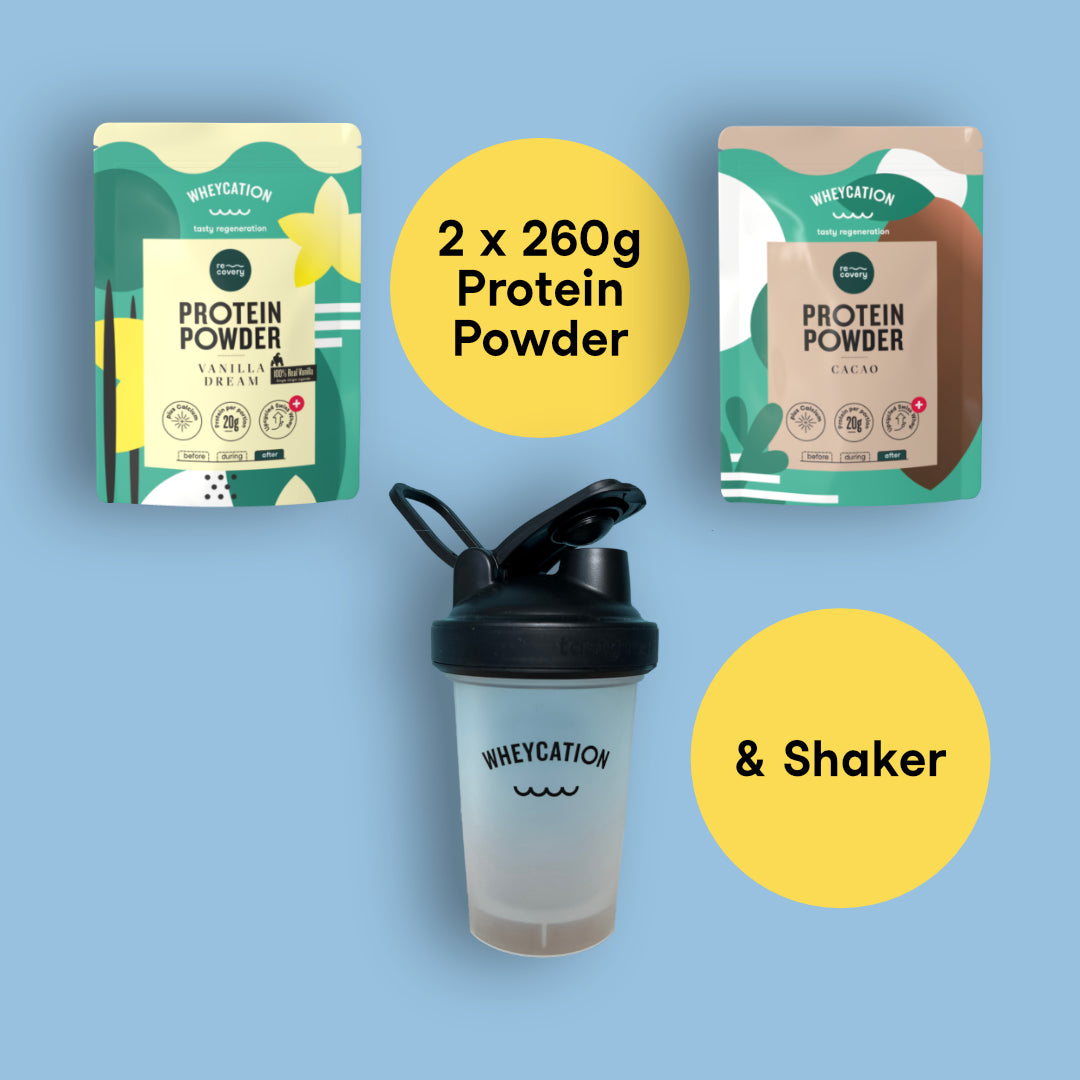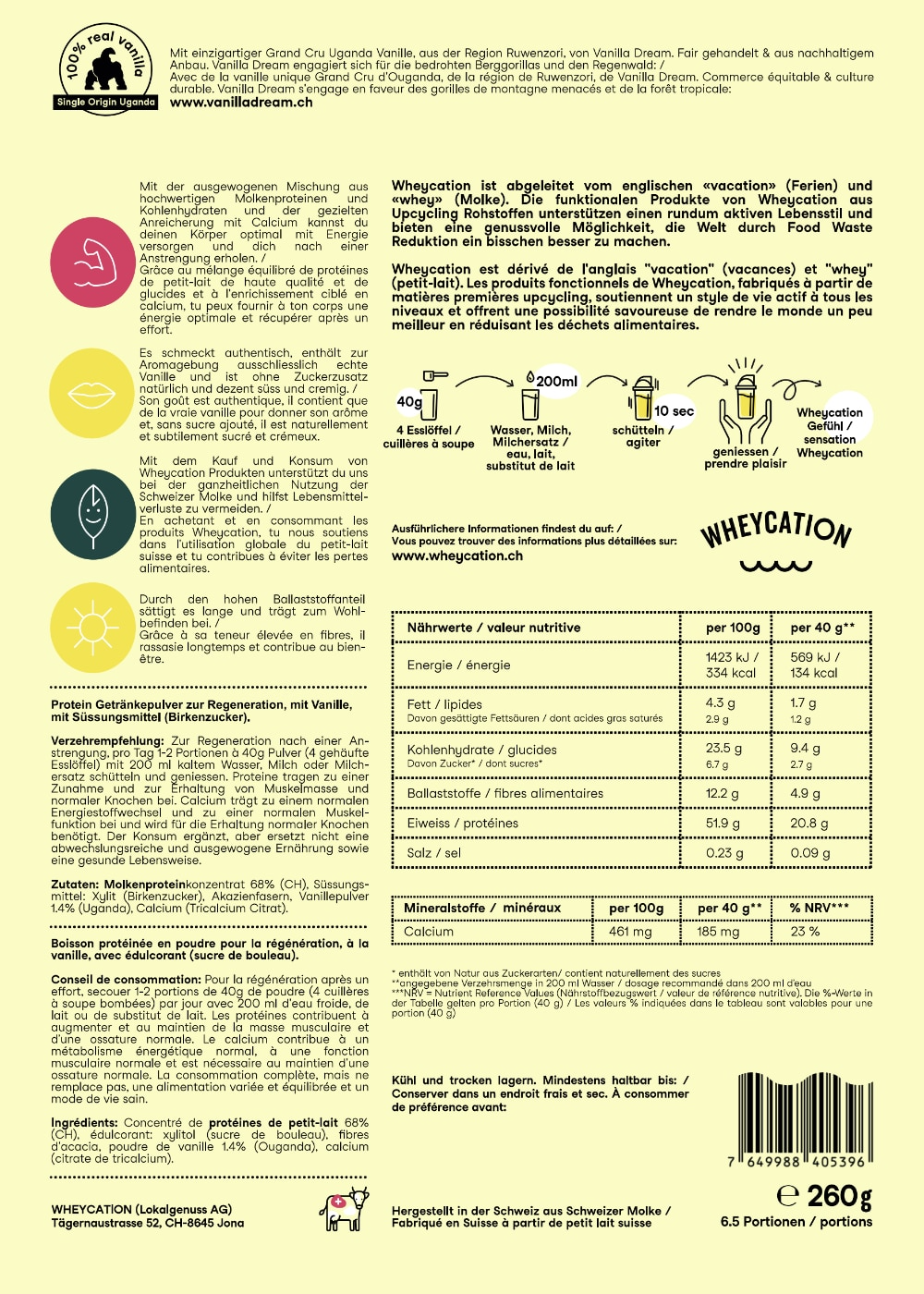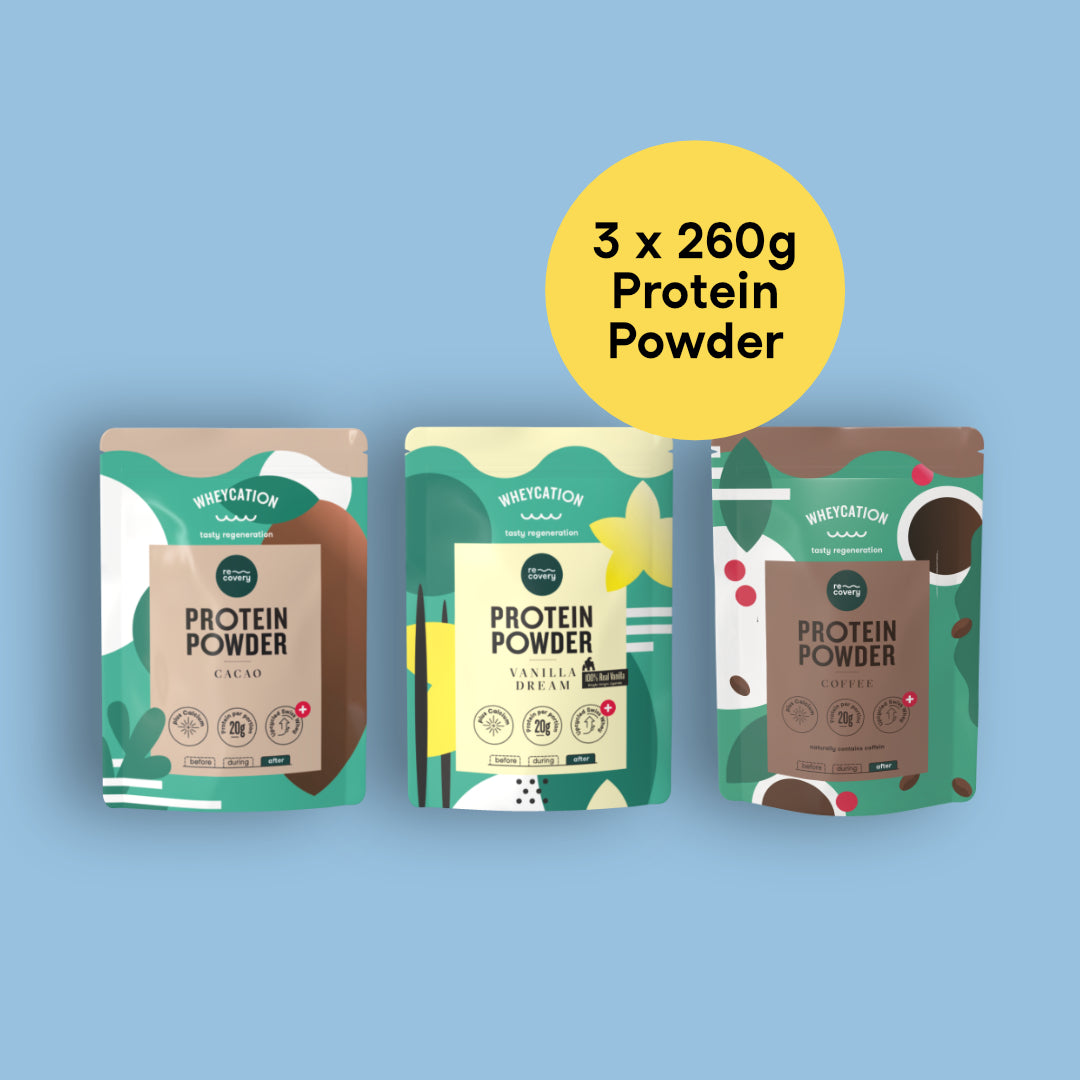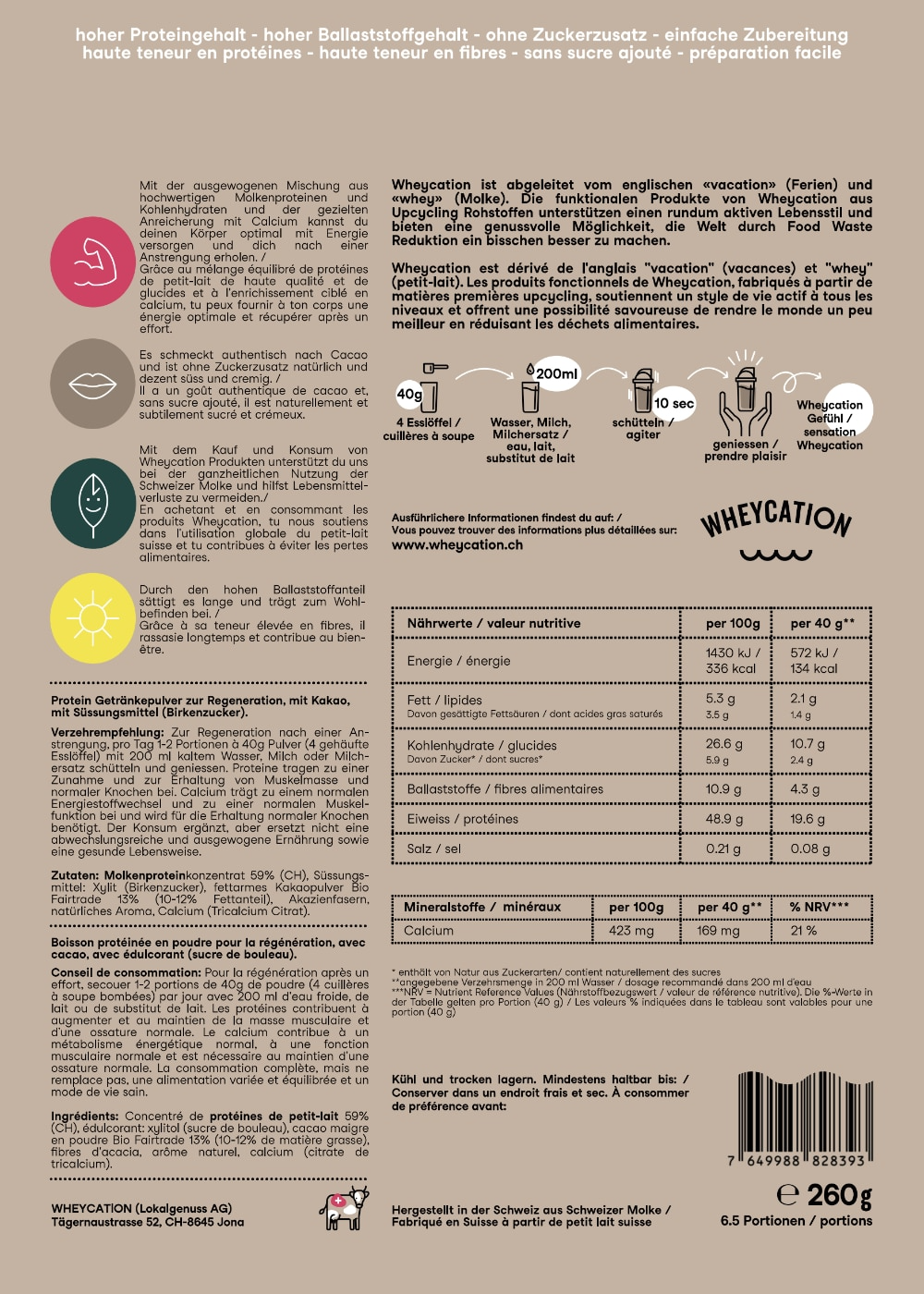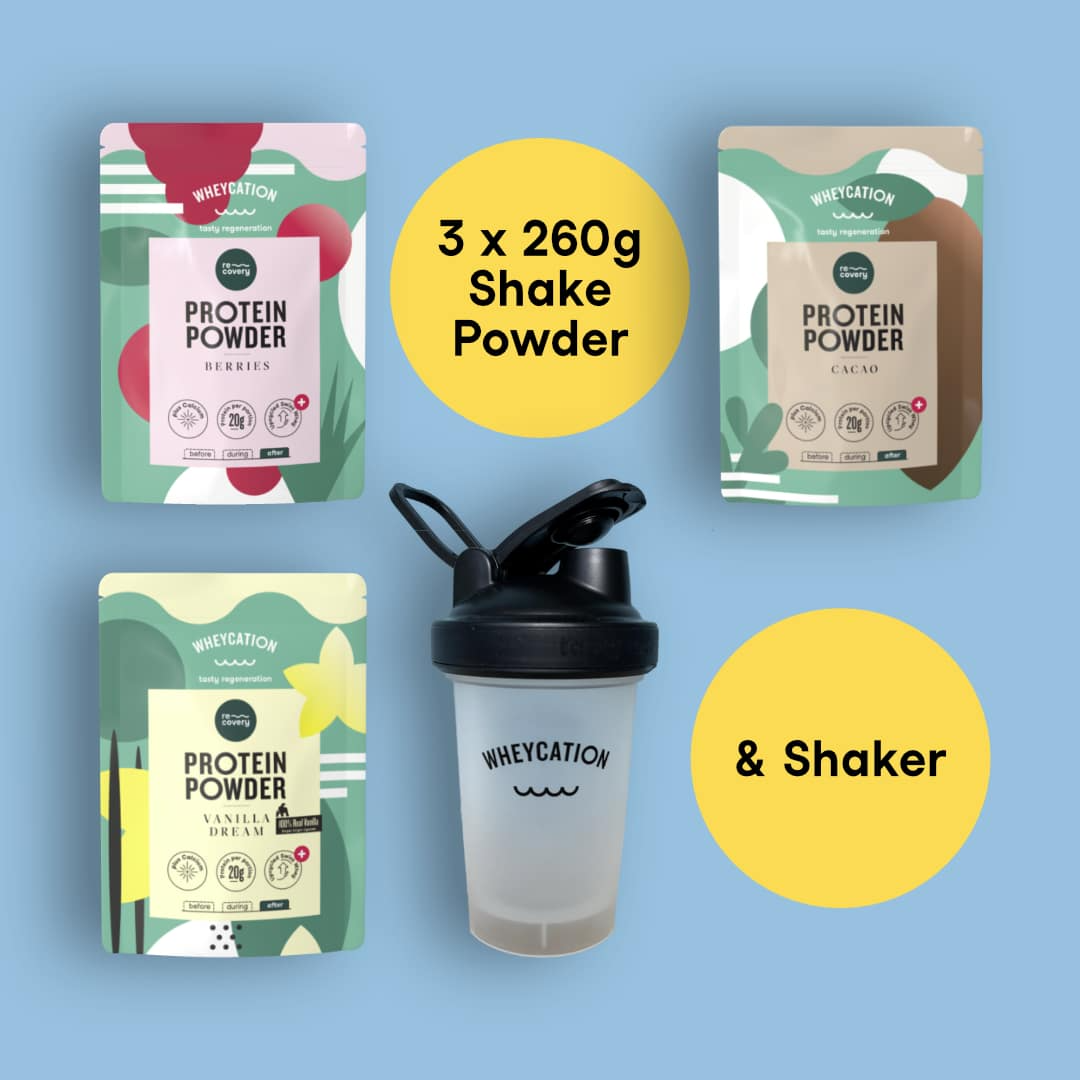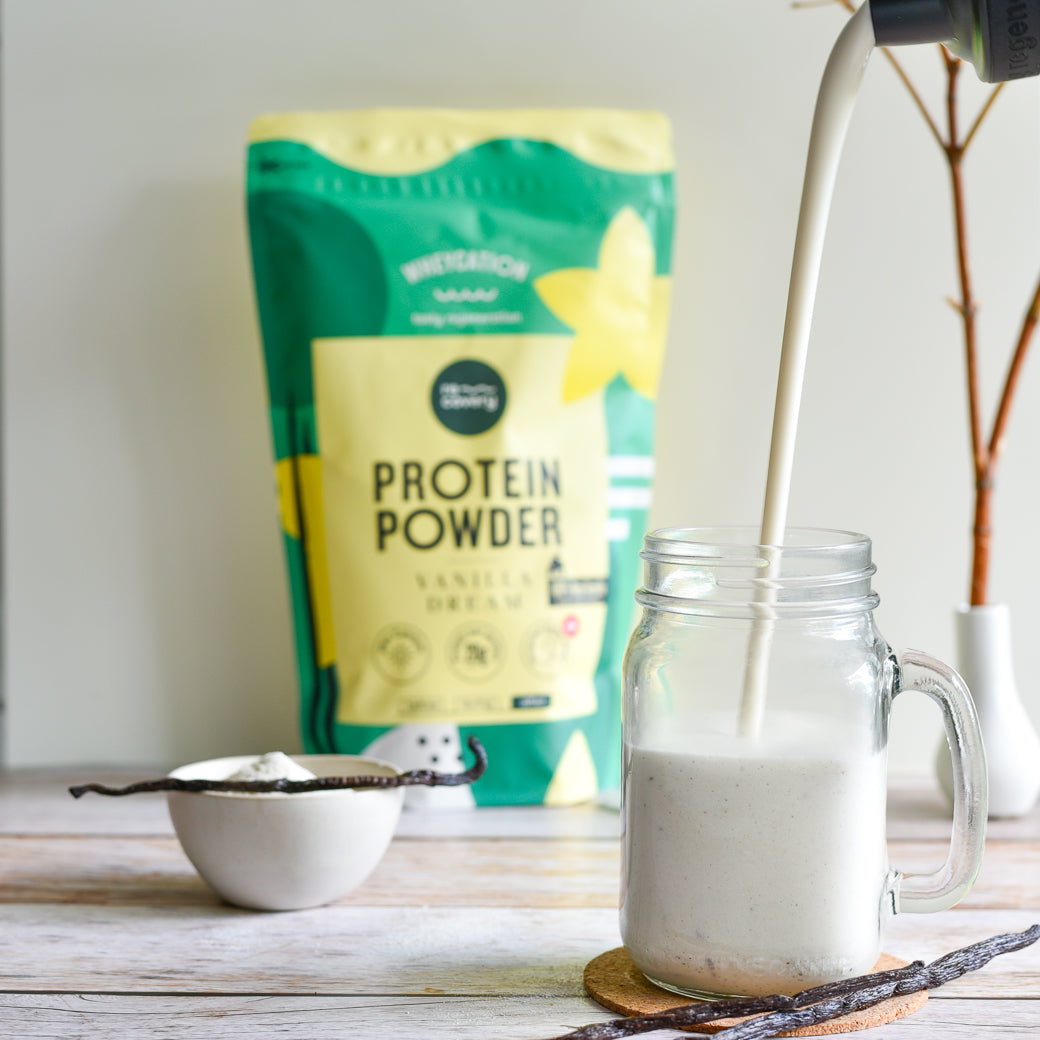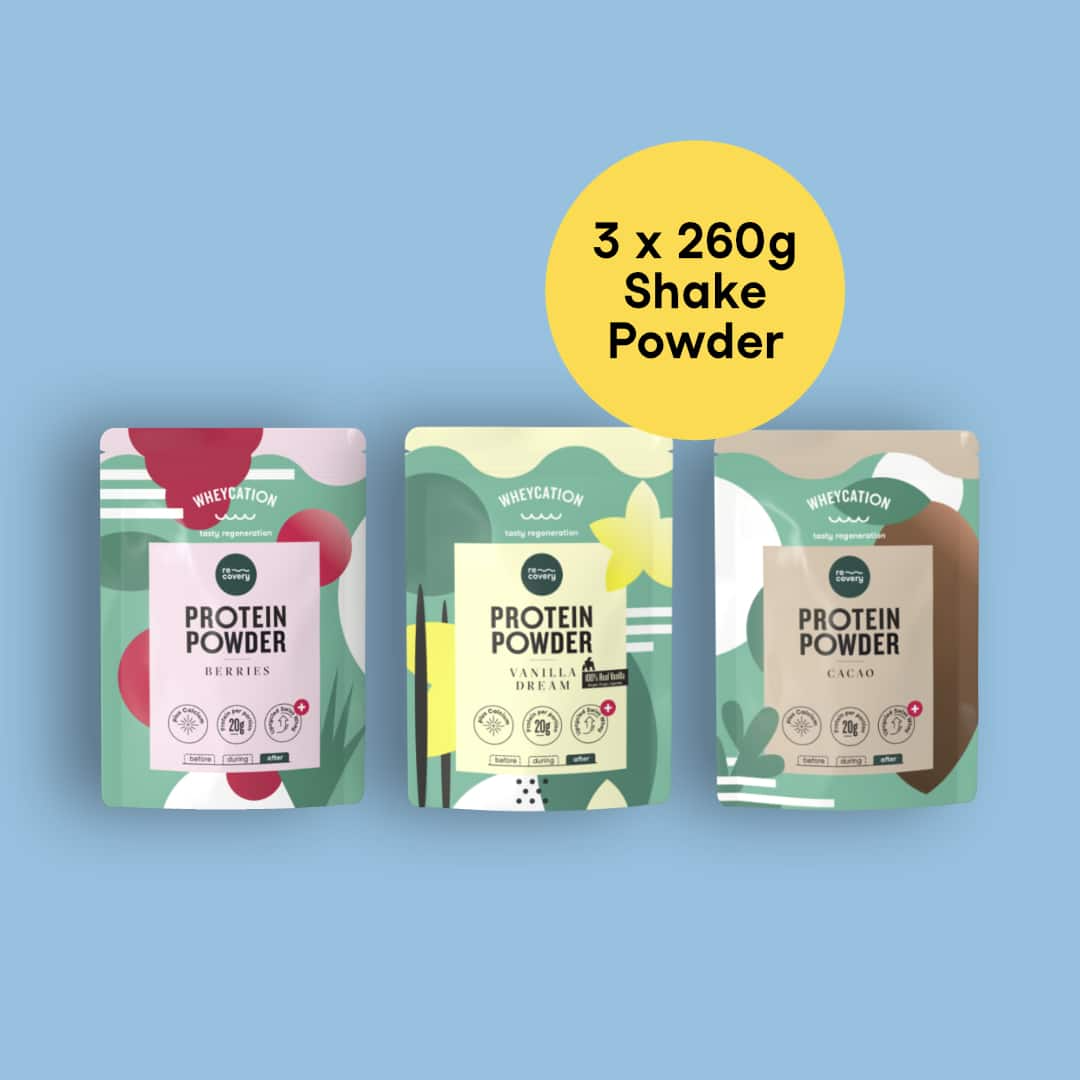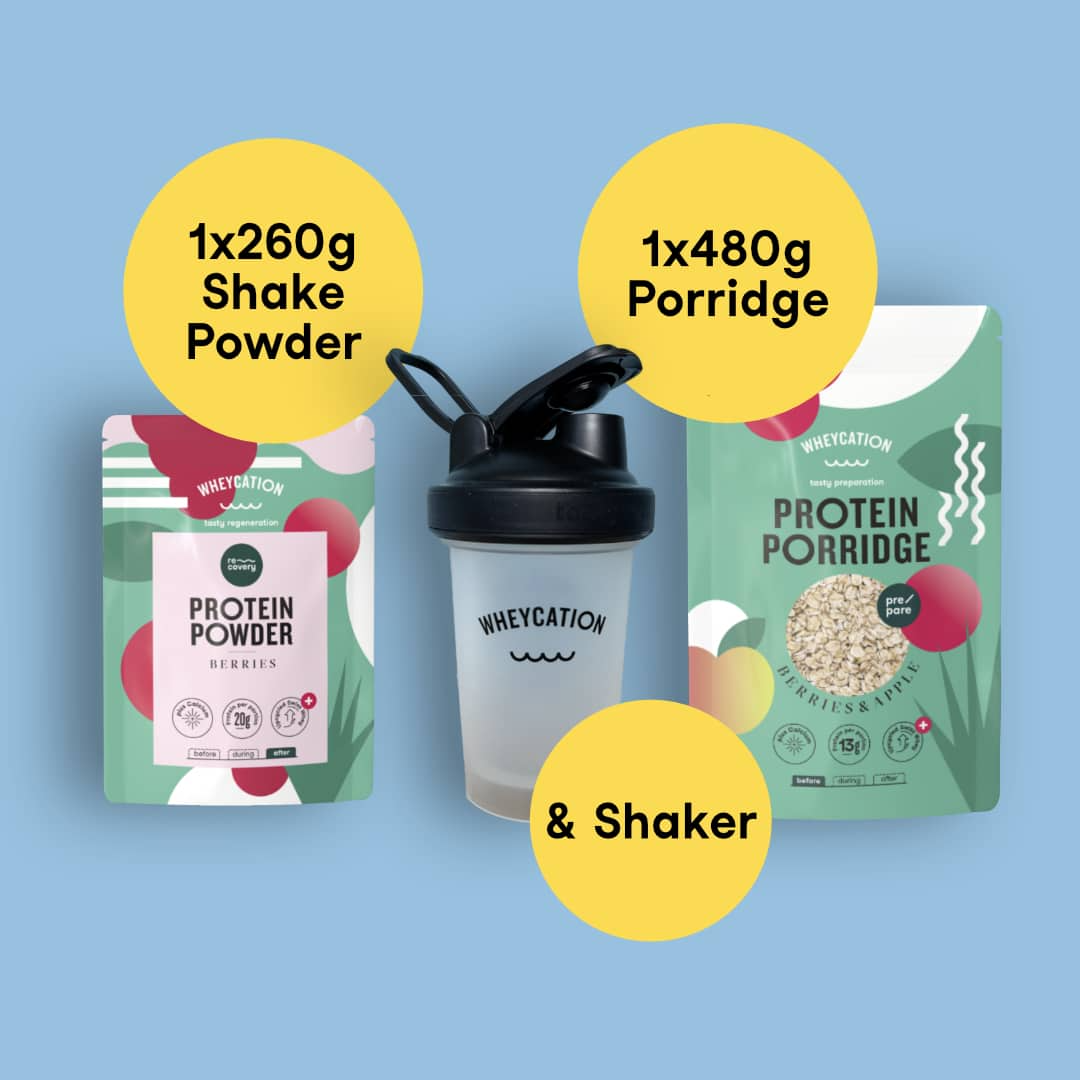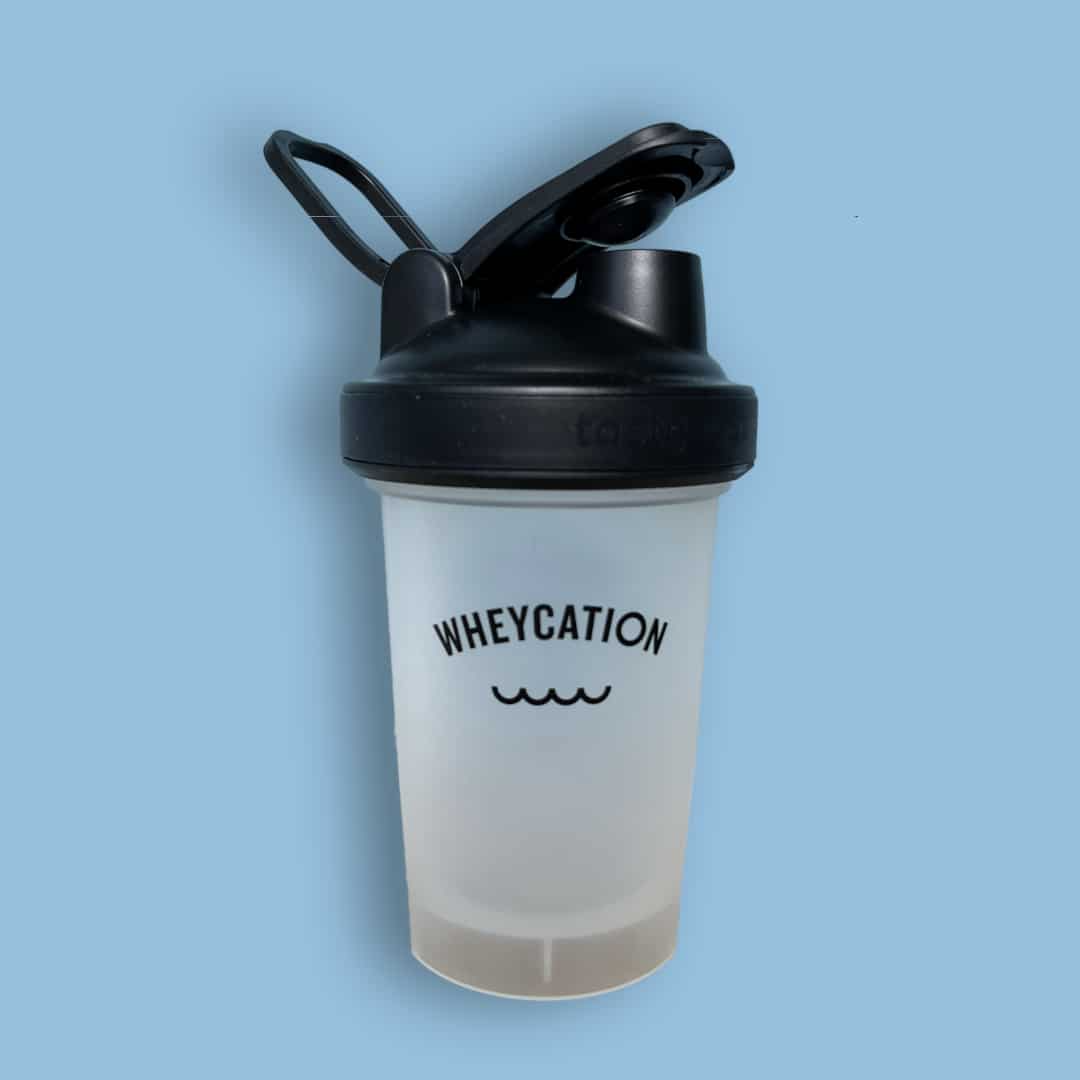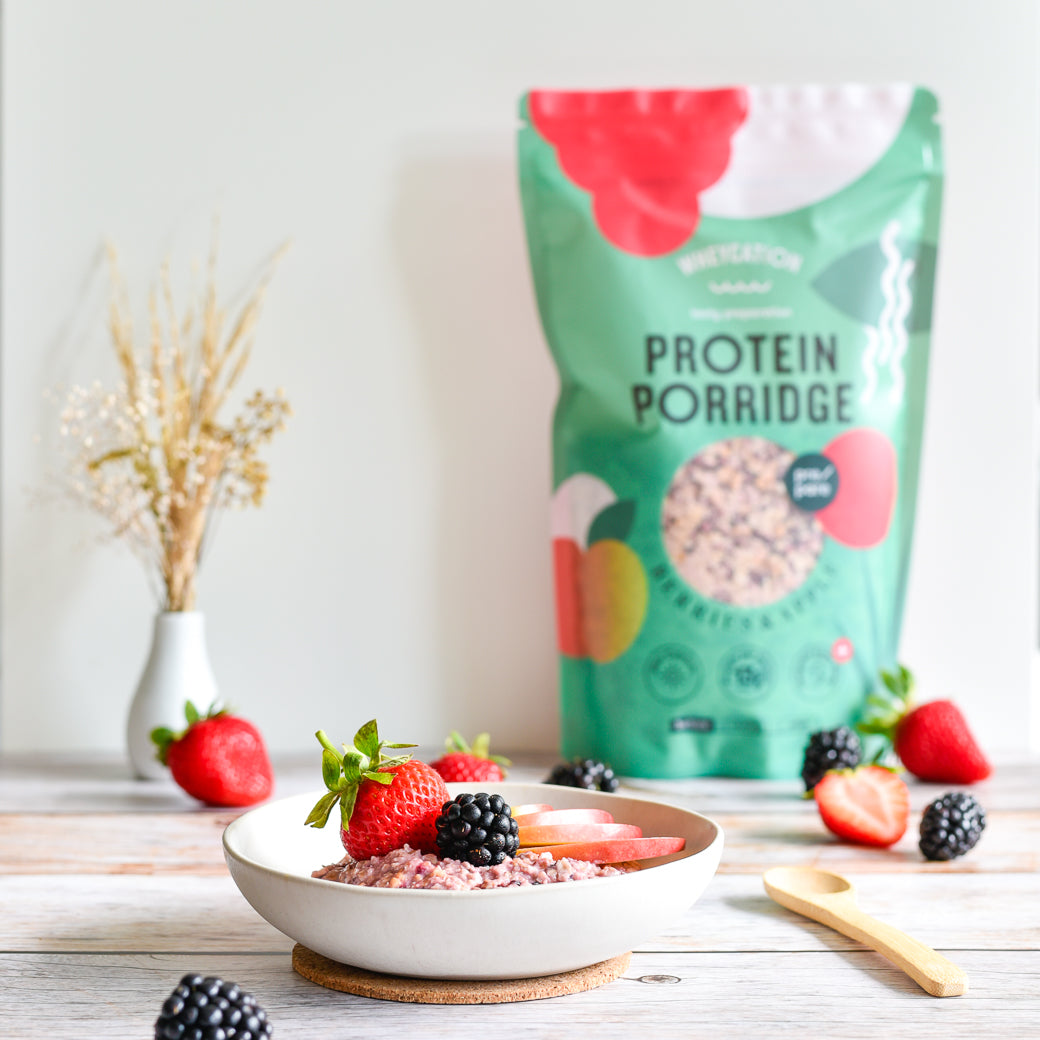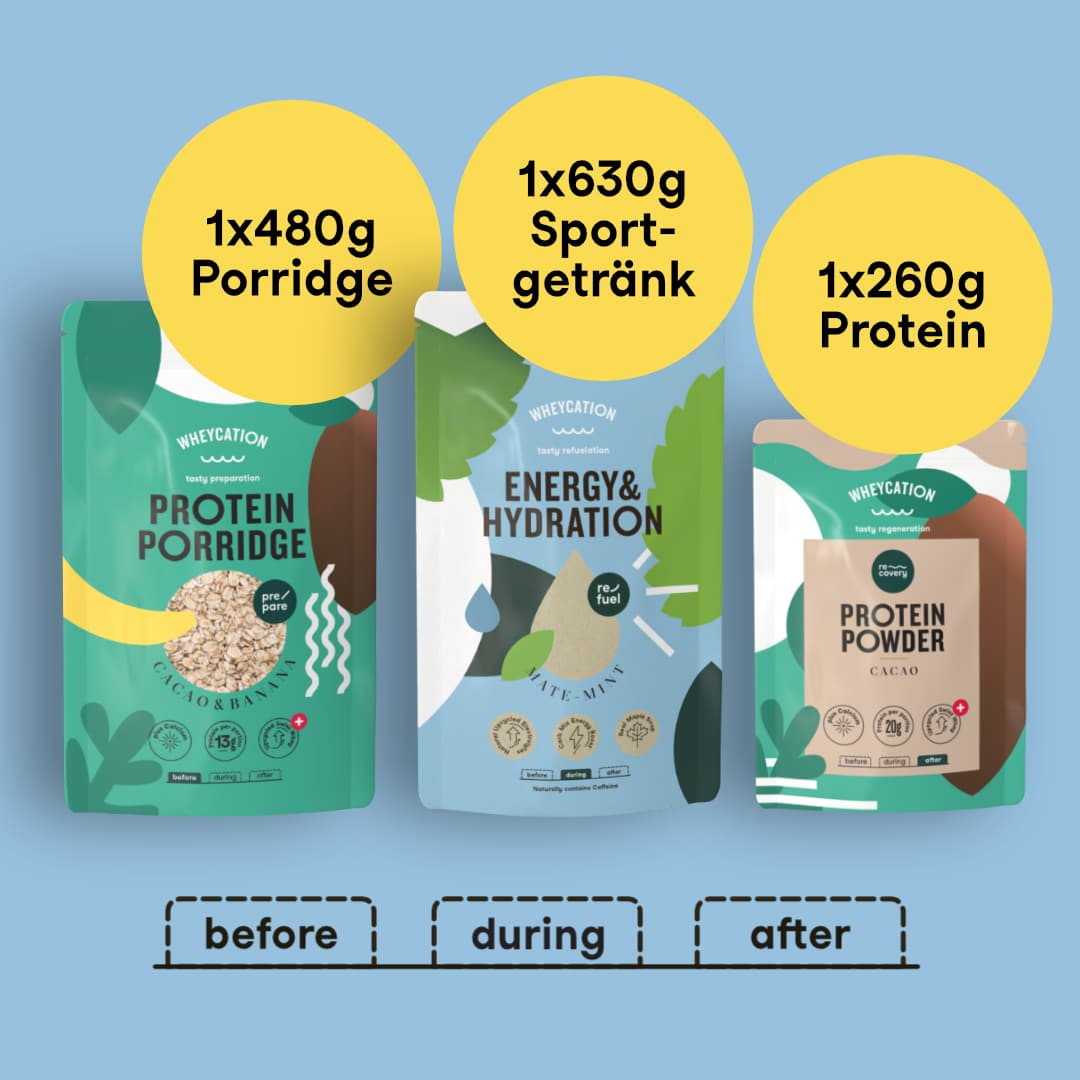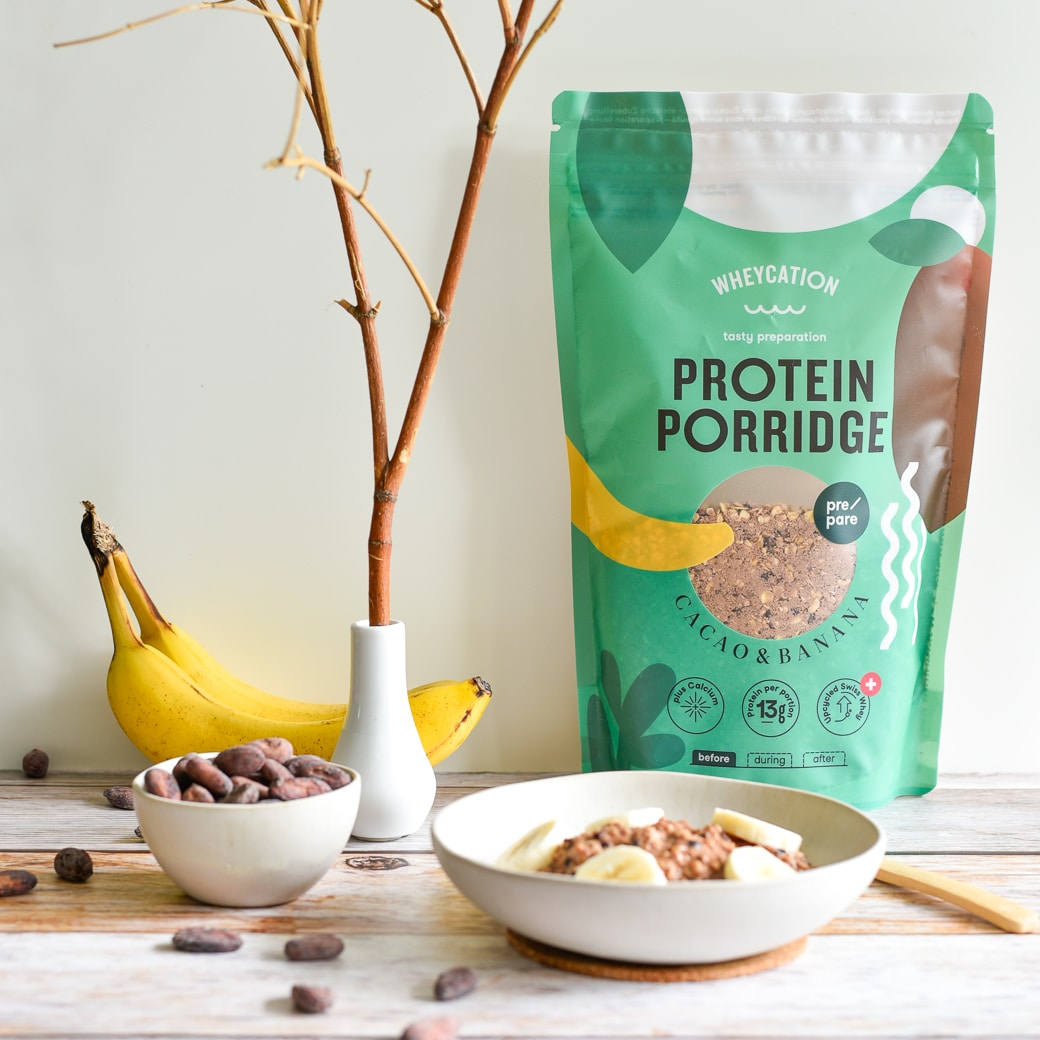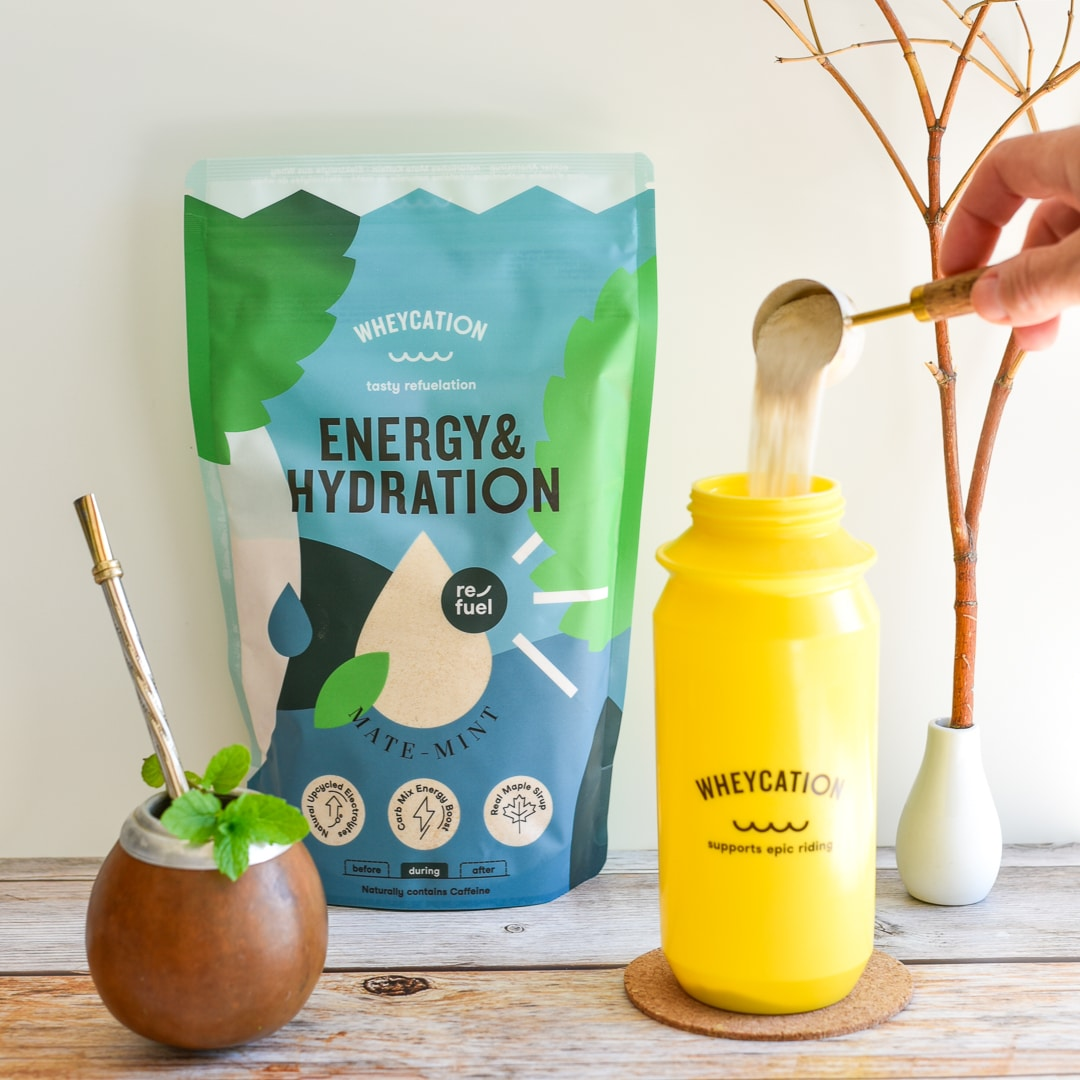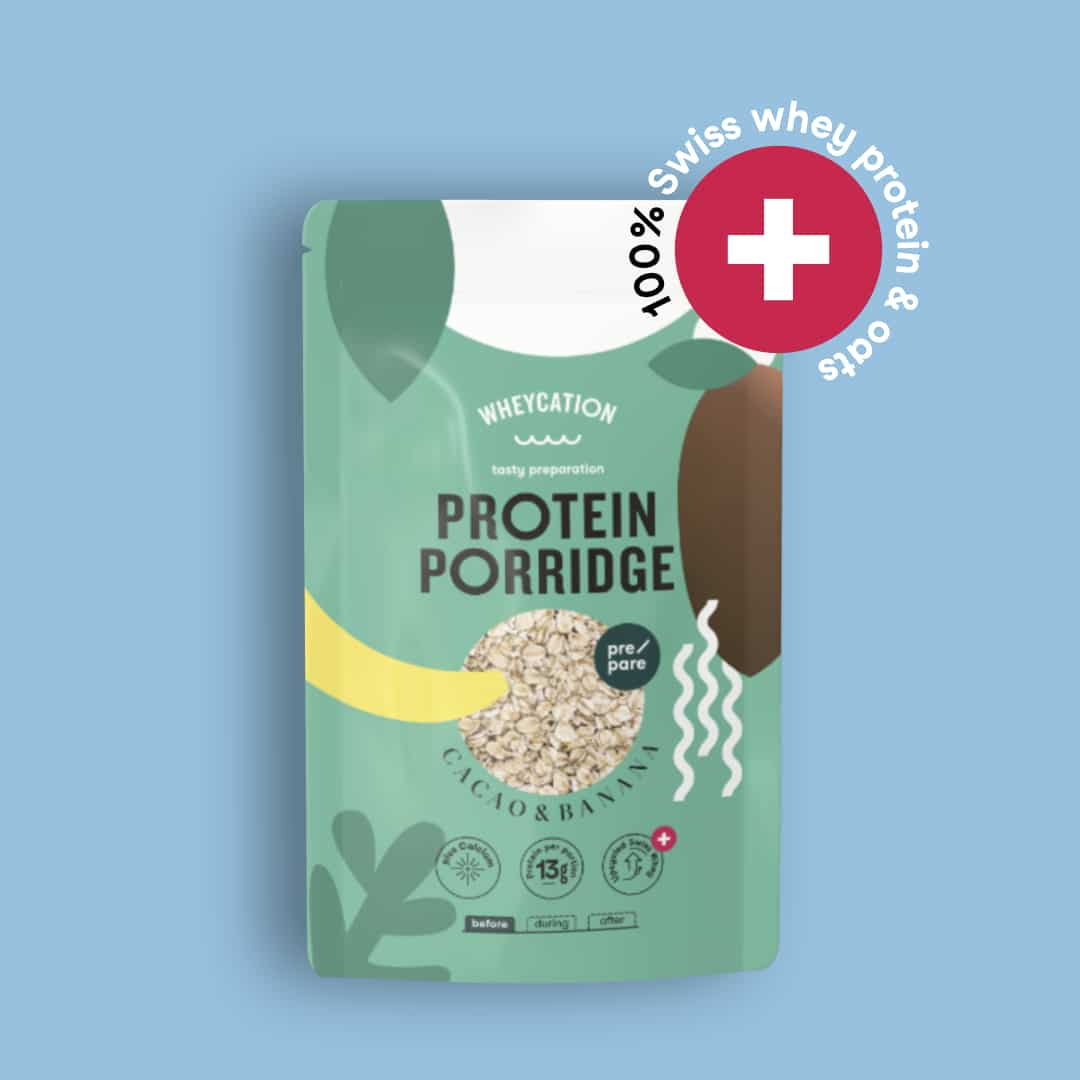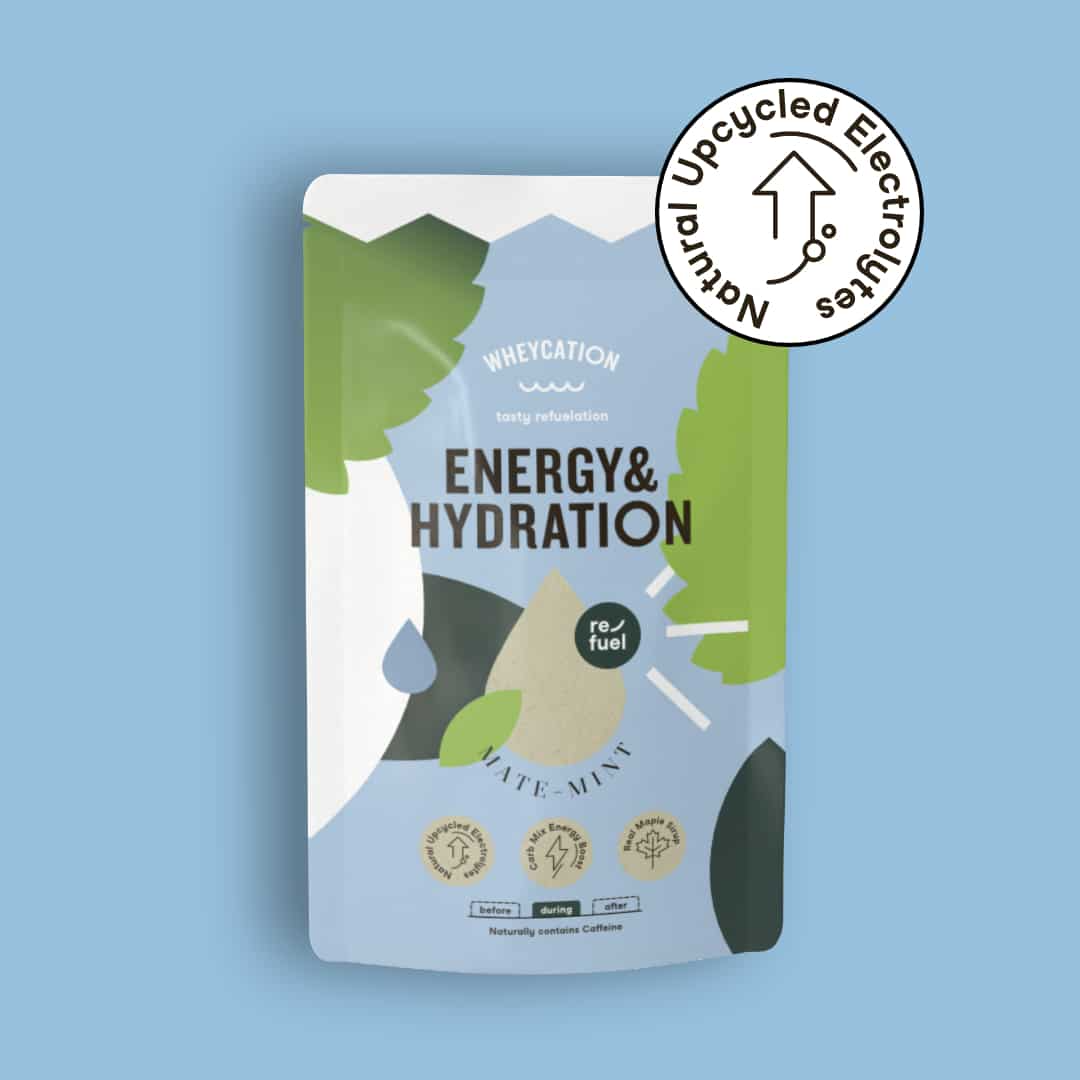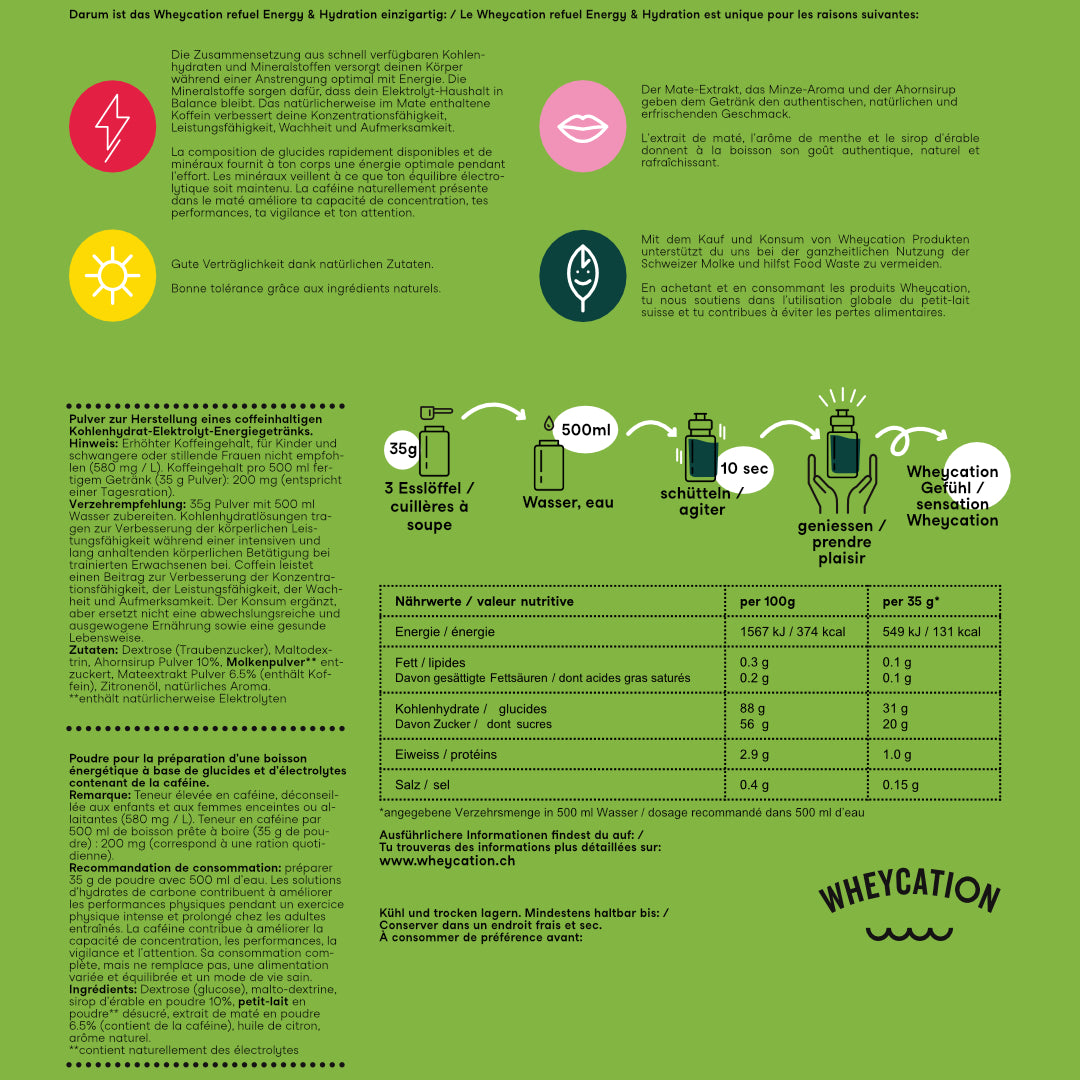We would like to address the topics of nutrition and health here to explain how our products can contribute to a healthy diet and, more specifically, to physical and mental regeneration, but they are not a substitute for a healthy lifestyle and certainly not a panacea.
Nutrition and health and their interplay are highly complex topics. The state of science is changing rapidly, and there are countless opinions, misinformation, and lobbying efforts. Therefore, in developing our products, we rely on sound scientific evidence and, in particular, the current knowledge of experts. Due to our personal connections to ETH Zurich, the Bern University of Applied Sciences HAFL, the ZHAW Wädenswil, and the federal research institute Agroscope, we have particular confidence in the quality of the work of scientists from these research institutions.
Nutritional recommendations should be focused on whole diets, not on individual nutrients. A healthy diet is much more than just consuming nutrients in specific ratios. The food consumed should be as natural and unprocessed as possible, regional, seasonal, and ecologically responsible. It should be as varied and balanced as possible. The social aspect of eating is also very important. Eating together, enjoying food, and being relaxed are also part of a healthy diet. The foundation of a healthy diet should not be forgotten: combining it with daily physical activity.
We cannot replace qualified nutritional advice or medical supervision. We simply want to demonstrate what our products are intended for and how they can contribute to regeneration. Our product lines are formulated differently and cover different needs.

How do our products support regeneration?
The Recovery Shake Powder, as the name suggests, is ideal for post-exercise recovery. Its high whey protein content, combined with its carbohydrate content, helps replenish your energy stores after exercise, allowing your body to recover optimally and quickly. It's also ideal as a healthy snack, for example, during a break after a busy day.
Increased activity places increased demands on the human metabolism. This leads, for example, to the release of stress hormones and a shift in energy availability. Catalytic processes take place. During the body's recovery phase, this is balanced out again, and a shift towards building processes takes place. Whey proteins help shift the balance towards building processes. They promote recovery, lead to better performance, and promote faster regeneration. Whey proteins are beneficial in several ways. They contribute to muscle protein synthesis and the inhibition of muscle protein breakdown, they have an antioxidant effect in the face of oxidative stress, and they have a strengthening effect on the immune system. The increased oxidative stress resulting from intensive training leads to the increased production of free radicals, the accumulation of which delays muscle recovery and thus likely reduces performance. Whey proteins have therefore become increasingly important, particularly in sports nutrition.
In sports, adequate protein intake is important not only for strength athletes but also for endurance athletes. In endurance sports, loss of muscle mass must be avoided, as reduced muscle mass has a detrimental effect on performance. The recommended daily intake for strength athletes is 1.4 to 1.8 g of protein per kilogram of body weight, and for endurance athletes, 1.2 to 1.4 g per kilogram of body weight. These values do not have to be achieved solely by consuming protein immediately after training. The timing of protein intake is not crucial.
We take care of the microbiota with our products by ensuring that all ingredients are natural, that we avoid artificial sweeteners and emulsifiers, and that the degree of processing is as minimal as possible. To specifically support the microbiota, we add dietary fiber to our recovery shakes. The Recovery Shake Powder contains acacia fiber, a fiber derived from the dried latex of the acacia tree.
Whey also contains the minerals potassium, calcium, and phosphorus, as well as vitamins B1, B2, B6, B12, and pantothenic acid in nutritionally relevant concentrations. Other minerals and trace elements found in whey include magnesium, zinc, iron, copper, and iodine. This list is not exhaustive. Whey contains many other valuable, natural ingredients.
What influence do carbohydrates have besides proteins?
However, carbohydrates should be consumed quickly after intense exercise. Carbohydrates are stored in our bodies in the form of glycogen. Our bodies can obtain energy for muscle work from glycogen breakdown or from fat breakdown, although the former is faster and thus allows for higher exercise intensity. Glycogen stores are depleted very quickly, unlike fat deposits. For optimal regeneration, glycogen stores must be replenished, and there is something of a countdown for this. You can imagine the absorption of glycogen as a window. A small window is open around the clock. After intense exercise, a second window opens, which is maximally open immediately after exercise and then closes again relatively quickly. After two hours at the latest, it is completely closed again. The general recommendation is to consume 1 to 1.5 g of carbohydrates per kilogram of body weight during this time. In combination with protein, the storage of carbohydrates is further accelerated.
Enjoyment is essential to any diet. The whey shake is designed for this mental rejuvenation. During its development, we maximized our efforts to offer a healthier, indulgent product without compromising on taste. We enrich it with whey proteins, reduce the total sugar content by approximately 50 percent compared to competing products, and ferment it with yogurt cultures to reduce the lactose content, making the shakes more digestible.
To promote overall well-being, we pay close attention to naturalness and tolerability in all our products. You can find more information on these topics in our guidebook.
For further nutritional recommendations in sports, we recommend the publications of the Swiss Sports Nutrition Society .
To the products
Recovery Protein Shake Cocoa 520g
Recovery Protein Shake Berries 520g
Protein Porridge Berries & Apple 480g
Recovery Protein Shake Coffee 520g
Recovery Protein Shake Coffee 520g
Recovery Protein Shake Coffee 260g
Recovery Protein Shake Cocoa 520g
Recovery Protein Shake Cocoa 260g
Starterset Protein 2x260g & Shaker
Starterset Protein 3x260g CACAO-VANILLA-COFFEE
Starter set protein 3x260g & Shaker
Starter set Protein Berries & Shaker
Starter set sports routine “Cacao”
Protein Porridge Berries & Apple 480g
Protein Porridge Cocoa & Banana 480g
Refuel Energy & Hydration Cherry 630g
Refuel Energy & Hydration Lemon 630g
Refuel Energy & Hydration Mate Mint 630g
Refuel Energy & Hydration Cherry 630g
Refuel Energy & Hydration Mate Mint 630g

